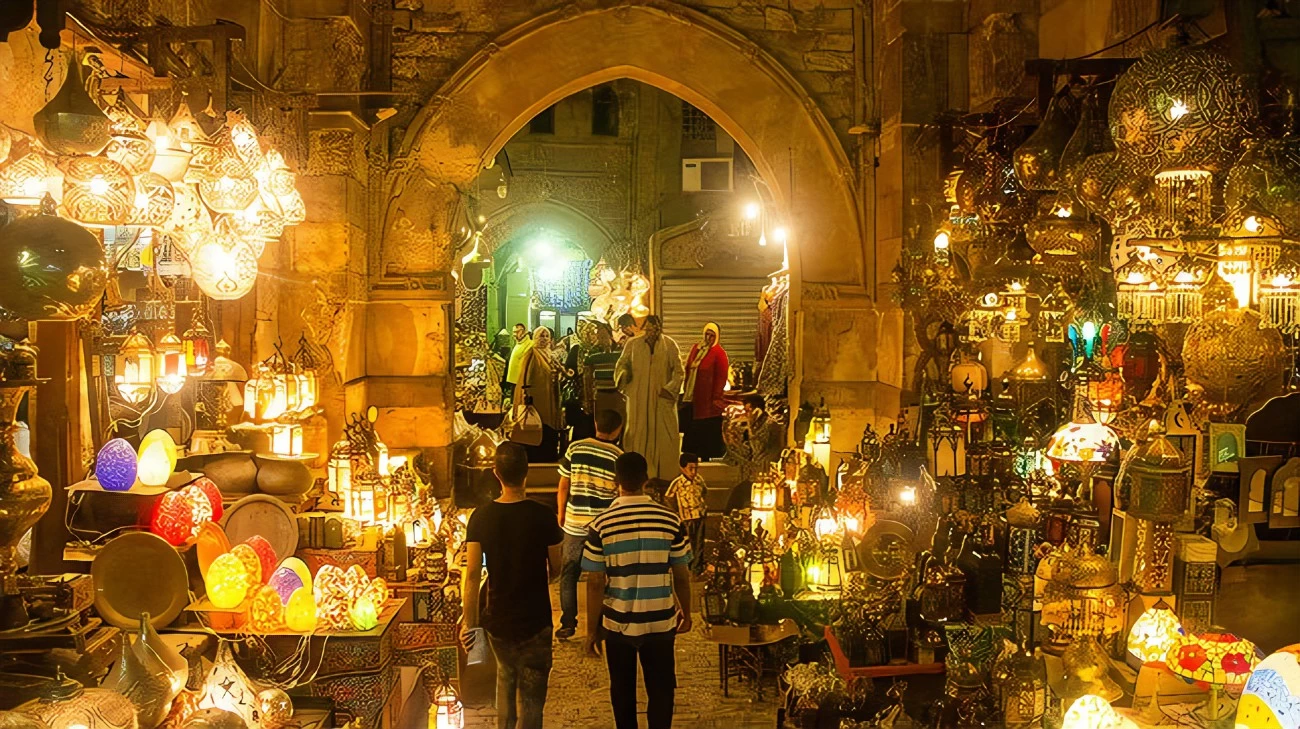
When Is Ramadan in Egypt 2025? What You Should Know Before Visiting
Ramadan is one of Egypt's most spiritually significant times and thus unique for travelers. Whether you plan your first visit or return to immerse yourself in the vibrant Egyptian culture, knowing when Ramadan in Egypt 2025 starts and ends is crucial; Ramadan affects everything from opening hours to social gatherings, and understanding the local customs will enhance your travel experience.
If you aim to explore Egypt in 2025, it’s essential to know the specific dates for Ramadan and how they influence daily life. This comprehensive guide will explore key details, including the start and end dates, cultural traditions, what to expect from tourism, and practical tips for navigating Egypt during Ramadan.
Understanding Ramadan
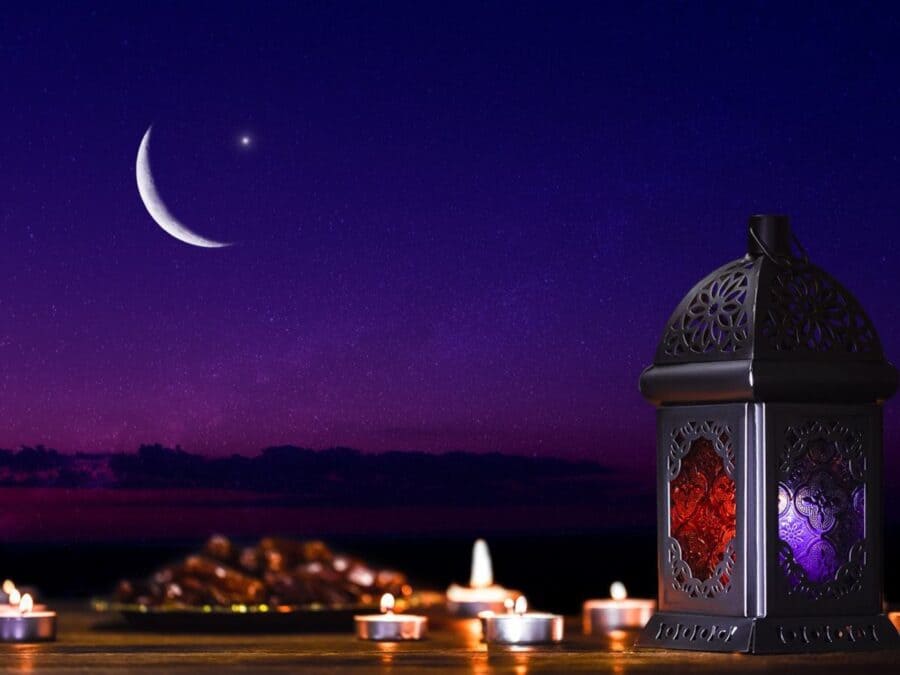
Ramadan is the ninth month of the Islamic calendar and is observed by millions of Muslims of different cultures around the globe. It is a time of great fasting, prayer, reflection, and community. Fasting during Ramadan is one of the Five Pillars of Islam, meaning it is a religious duty that Muslims must perform.
In Egypt, Ramadan is much more than just fasting; it is when Egyptians strengthen their faith and bond with family and friends. Public life slows down during the day, with businesses operating at reduced hours, but once the sun sets, the streets come alive with vibrant celebrations.
Why Ramadan Dates Change
Unlike the Gregorian calendar, the Islamic calendar is lunar, meaning it is based on the moon's phases. This results in Ramadan beginning and ending 10-12 days earlier each year. Thus, the dates for Ramadan in Egypt 2025 will start around March 2, 2025, and end around March 31, 2025, though the exact dates depend on viewing the moon.
Ramadan’s dates shift yearly due to the lunar calendar. The crescent moon sighting, which marks the start, can vary by a day or two based on location and local customs
When is Ramadan in Egypt 2025 Start Date and End Date?
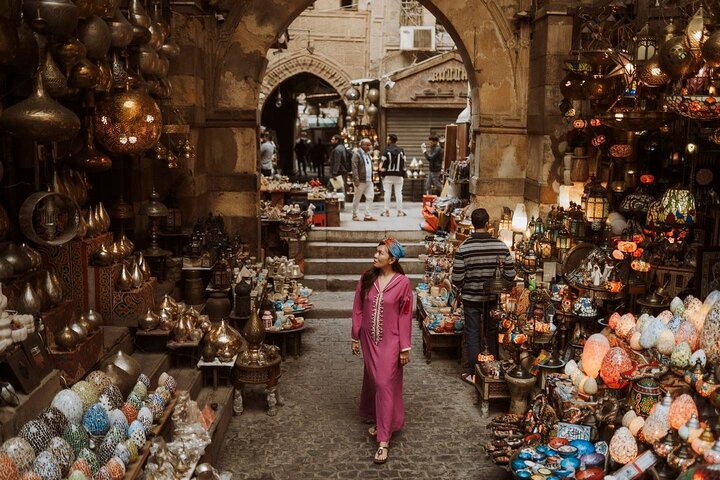
For Ramadan in Egypt 2025, the projected start date is March 2, with the month ending on March 31. That said, it’s always a good idea to check a little closer to the time of your trip since seeing the moon can change by a day or two. People will celebrate the festival of Eid Al-Fitr, which marks the end of Ramadan after completing the month of fasting.
Ramadan's Impact on Egypt
- Daily Life: People wake up very early to have some food before dawn, called Suhoor, and break their fast at sunset, which is called Iftar.
- Business: Many businesses operate in shorter hours; thus, it is common to find offices and shops open during the evening. Expect quieter mornings and busier streets at night.
- Public Services: Government offices, banks, and tourist attractions may be closed earlier or operate under reduced hours.
Fasting Hours in Egypt During Ramadan 2025
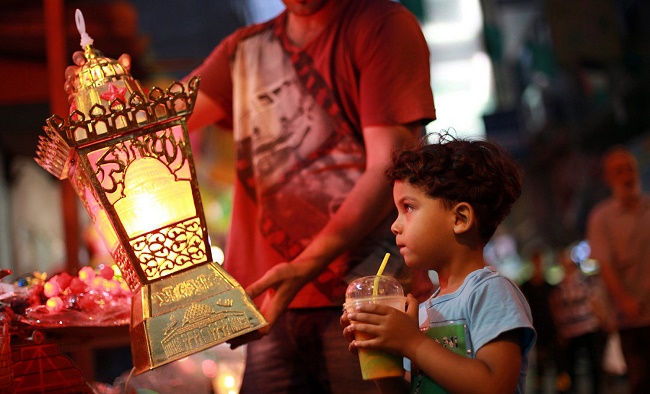
The central practice of Ramadan involves Muslims fasting from food, drink, smoking, and conjugal relations from dawn until sunset. In 2025, Egyptians will start the daily fast just before the break of dawn, or Fajr, and will end it at sunset, or Maghreb.
The Duration of Fasting
The fasting hours will not be the same during Ramadan in Egypt in 2025, and everything depends on the time of the year. It starts at roughly 14 hours when Ramadan falls in late February or March, going further into the month. The latter days of Ramadan reach about 15 hours per day by the end of the month.
Fasting in Ramadan is not only a physical but a spiritual discipline. This month offers them a chance for personal reflection, giving alms, and attachment to Allah. Most Egyptians spend their evening time with family gatherings, pray, and rest, then head out to resume their work routine.
Egypt Traditions in Ramadan
It is a time for family gathering, prayer, and recollection. Egyptians follow many traditions in the holy month
- Iftar: The fast-breaking dinner is preceded by dates and water, followed by a delicious meal comprising traditional delicacies like Koshari, Fattah, and Qatayef.
- Taraweeh: Prayers are offered by the Muslims this month after the Iftar offering in the mosques.
- Ramadan Lanterns: Known as Fanoos, these lanterns symbolize Ramadan and light up the streets of Cairo and other cities during this month.
- Zakat: Giving to the needy, an act that Muslims are encouraged to emphasize during Ramadan
Traditional Ramadan Foods in Egypt: A Taste of Celebration
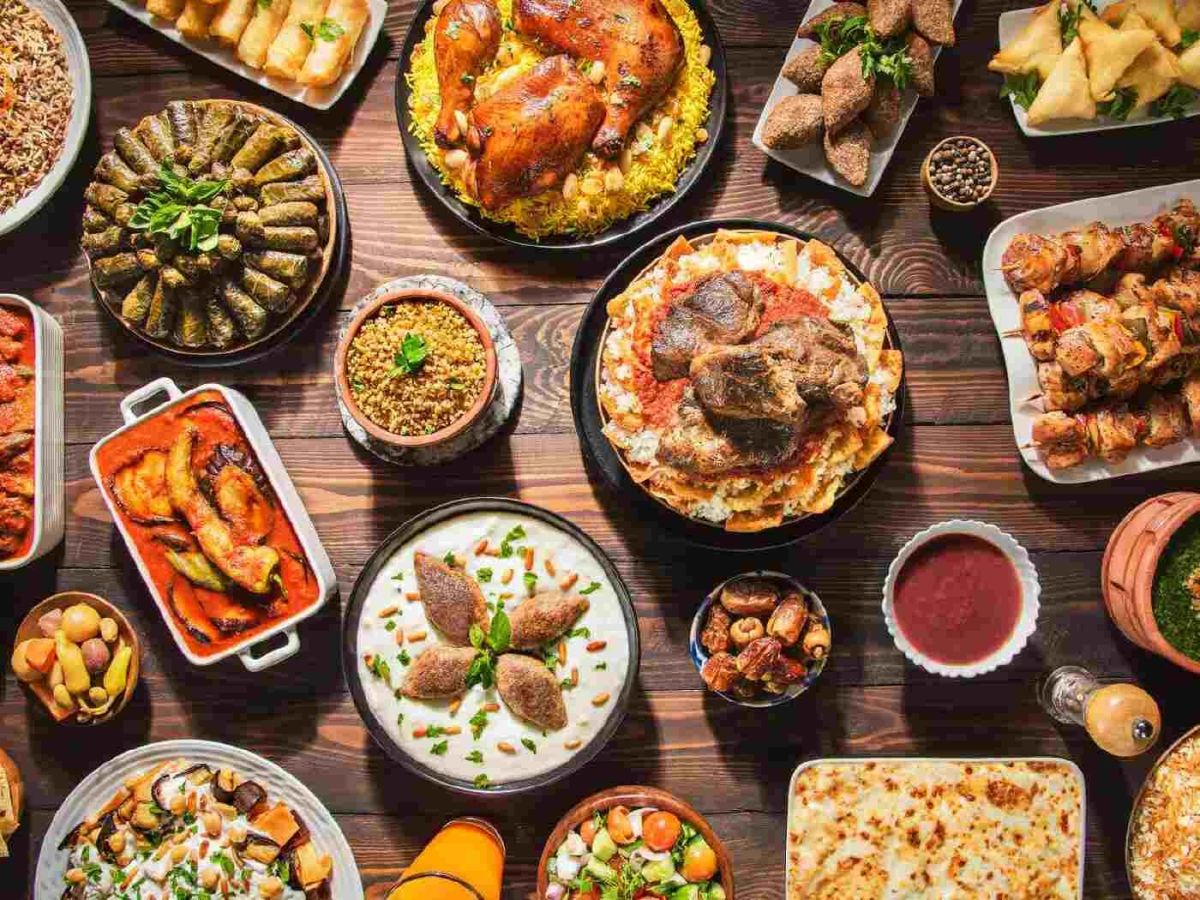
Food occupies a central place to celebrate the holy month of Ramadan in Egypt, where people await unique dishes throughout the year. The tradition of sharing meals at Iftar (the meal to break the fast) brings families and communities together. With the sun setting and the call to prayer echoing, Egyptians prepare their tables with delicious dishes that nourish and comfort them after a long day of fasting. Summarizes some of the traditional foods you will find during Ramadan in Egypt.
Iftar Delights:
Under Islamic tradition, people serve dates and water at the start of the meal. Appetizers vary between soups and other dishes, as do the second courses. The most famous first course is the lentil soup, shorba, which fills the stomach and warms the body. A dish of rice, bread, and garlic, topped with lamb or beef, called fattah, is an important part of every meal, especially during Ramadan. Also very popular are Mahshi, or vegetables filled with a mix of meat and rice
Sweets and desserts:
And, of course, no Ramadan is complete without its rich, over-the-top desserts, and Egypt has some of the best. Kunafa, a hot, syrup-soaked pastry, is fresh and full of sweetened cheese or cream. Qatayef, a pancake stuffed with nuts or sweet cream, is another Ramadan favorite. And of course, no meal is complete without Basbousa, a moist semolina cake drenched in sugar syrup, offering a sweet finish to the evening’s festivities
Mosques and Ramadan Activities
During Ramadan, Egypt’s mosques become central to the community's spiritual life. Some of the most notable mosques, such as the Al-Azhar Mosque in Cairo, hold special evening prayers, Quran recitations, and sermons. Visiting these historic mosques during Ramadan allows you to witness the devotion of the Egyptian people.
Besides prayers, there are also Ramadan tents where Egyptians gather for communal Iftar. Often, people set up these tents in public areas and fill them with festive decorations, food, and music. For tourists, joining in these Iftar gatherings is a great way to experience local culture.
Ramadan Nights in Egypt
Nights of Ramadan are something different in Egypt. The moment people break their fast, the nights become lively. People throng cafes and promenades through buzzing markets and enjoy Ramadan celebrations. Many tourists find Cairo’s Khan El Khalili Bazaar the best place to experience the peculiar atmosphere of the Ramadan market with lights, sounds, and flavors of the season.
Egypt’s attractions, such as the Pyramids of Giza and the Sphinx, are open in the evenings. This allows you to explore them in cooler temperatures and even see them under the stars if sightseeing is your preference.
Tourism in Egypt During Ramadan
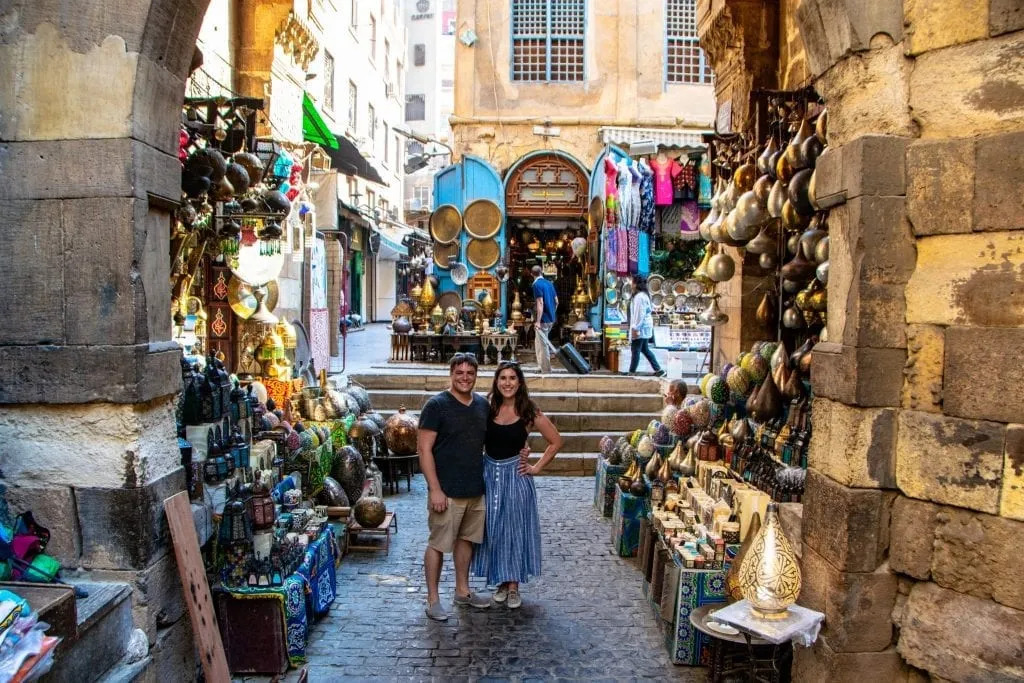
Visiting Egypt during Ramadan can be a unique and rewarding experience, but there are a few things to consider
- Quiet Mornings and Bustling Evenings: Expect quieter mornings and more lively nights. Many attractions will open later in the day, especially after Iftar.
- Some restaurants, cafes, and shops may have reduced hours or remain shut during the daytime. Yet, all the major sightseeing facilities will remain open, and there is quite a good amount of exploration possible in Egypt in the evening.
- Special Tourist-Oriented Events at Ramadan: Various events include music shows, light exhibitions, and food festivals, arranged everywhere in Egypt during Ramadan. Thus, it is very well applicable to experience Egypt’s culture.
Is It Worth Visiting Egypt During Ramadan?
Ramadan is an exceptional time to visit Egypt if you’re looking for an authentic cultural experience. It’s a time of community, special foods, and witnessing firsthand Egypt’s religious traditions; these reasons combine to make it a rich time for tourists who would seek a deeper understanding of the culture.
If you’re interested in spirituality, heritage, and culture in Egypt, coming during Ramadan gives a unique perspective that is not experienced at other times of the year.
Tourist Attractions, Shops, and Restaurants During Ramadan
While some businesses operate on reduced hours during the day, many shops and restaurants are open in the evenings to accommodate locals and tourists. Cafes and restaurants offer special Iftar menus, and many tourist sites adjust their hours to allow for evening visits.
Some of the key attractions include the Pyramids of Giza, Luxor Temple, and Karnak Temple; however, for precise hours, it is advisable to check with local tour operators like Respect Egypt Tours. Since places close earlier than usual, you can best experience Egypt’s ancient wonders in the cool evening air.
The Atmosphere During Ramadan in Egypt
The atmosphere is so special during Ramadan. The country slows down during the day, giving way to a more relaxed and spiritual vibe. Egypt's energy, festivities, and warmth come alive in the evenings when people break their fast. Ramadan is a time of family bonding, community prayers, and charitable giving, creating a peaceful and reflective environment that is rare to find anywhere else.
Tips to Experience Ramadan Best as a Tourist
- Respect Local Customs: Refrain from eating or drinking in public during daylight hours. Always dress when visiting religious sites.
- Take Advantage of Evening Activities: Explore Egypt’s sights in the cooler evenings when most attractions are open.
- Join local Ramadan events: participate in Iftar gatherings, visit Ramadan tents, and enjoy the special food and festivities.
- Business Hours: Please note that operation hours may differ for all attractions, restaurants, and shops during Ramadan.
Important Rules to Observe During Ramadan in Egypt
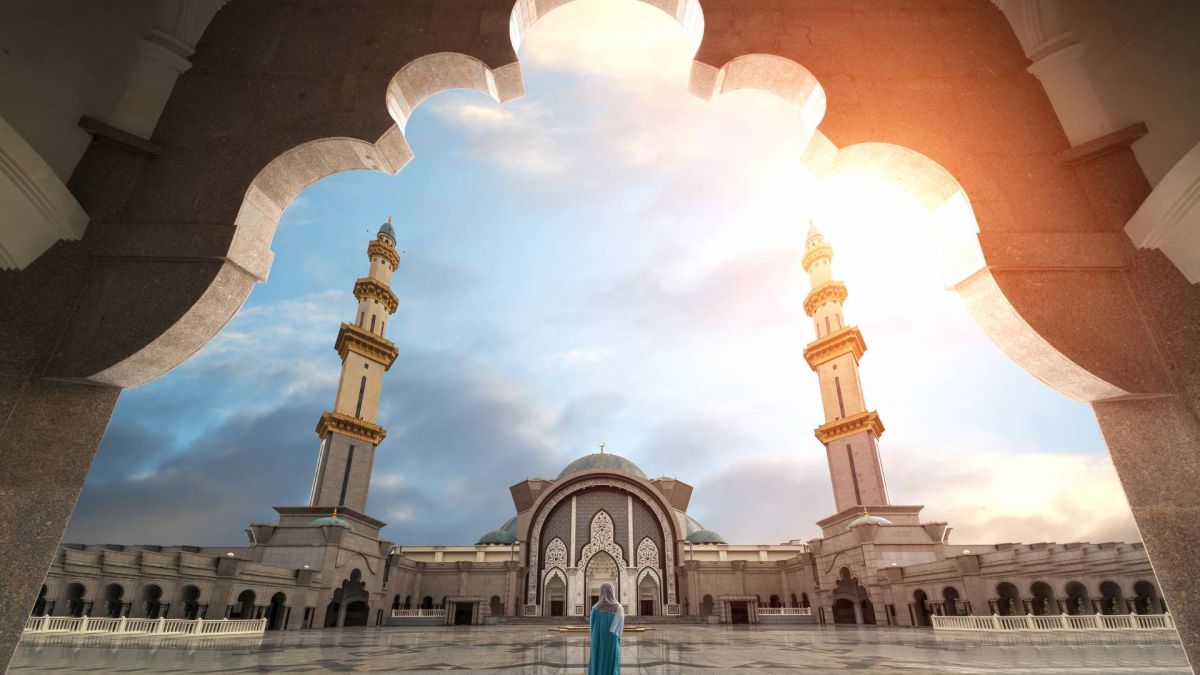
While fasting is the most important thing in Ramadan, there are some cultural and religious rules that locals and visitors alike must observe when spending the month in Egypt
Modesty in Dress and Behavior
Ramadan is a time of respect for Allah and the community in which a Muslim belongs. That calls for modest dressing from locals and tourists alike during the month. In Egypt, women should cover their shoulders, neckline, and knees. Although this custom is not exclusive to Ramadan, people observe it throughout the year and maintain it during Ramadan to preserve its sanctity.
Etiquette of Eating and Drinking
People also disapprove of eating, drinking, or smoking during the day in Egypt during Ramadan. People can do these things in private or within private establishments, like hotels and a few restaurants that remain open to guests who are not fasting, and respecting the fast means not eating in public during Ramadan.
Adjusted Working Hours
During Ramadan, work hours are shorter in Egypt to accommodate the fasting schedule. Most businesses, offices, and government institutions adjust their hours, closing earlier in the day. Restaurants within hotel resorts may remain open, but other dining establishments are closed during the day and only open after Iftar. This change allows Egyptians to focus on spiritual practices without work and daily life distractions.
4 False Facts About Ramadan in Egypt That Aren’t True
- All Businesses Shut Down During Ramadan—While many businesses adjust hours, most major tourist sites and services are still available throughout the evening.
- You may not eat in public because of Ramadan. While it’s respectful to avoid eating, you can eat within private spaces or designated areas.
- Food is scarce during the day, but street food vendors and smaller eateries may be closed while larger hotels and designated tourist areas will still serve meals.
- You can’t go inside mosques during Ramadan-most mosques allow visitors inside; however, it is best to dress and not go inside when Muslims are in prayer
When Were Ancient Pyramids Built
Conclusion
Visiting Egypt during Ramadan offers a chance to witness the country’s rich cultural traditions, delicious food, and warm hospitality. From the special dishes served during Iftar to the vibrant atmosphere of the streets and mosques, Ramadan in Egypt is a time for reflection, community, and celebration. If you plan to visit Egypt in 2025, knowing when Ramadan in Egypt 2025 falls will help you prepare for local customs, understand adjusted attraction hours, and immerse yourself in the holiday spirit. Be sure to embrace the experience fully, respecting the fasting traditions and enjoying the rich flavors and traditions that make Ramadan in Egypt a once-in-a-lifetime experience.

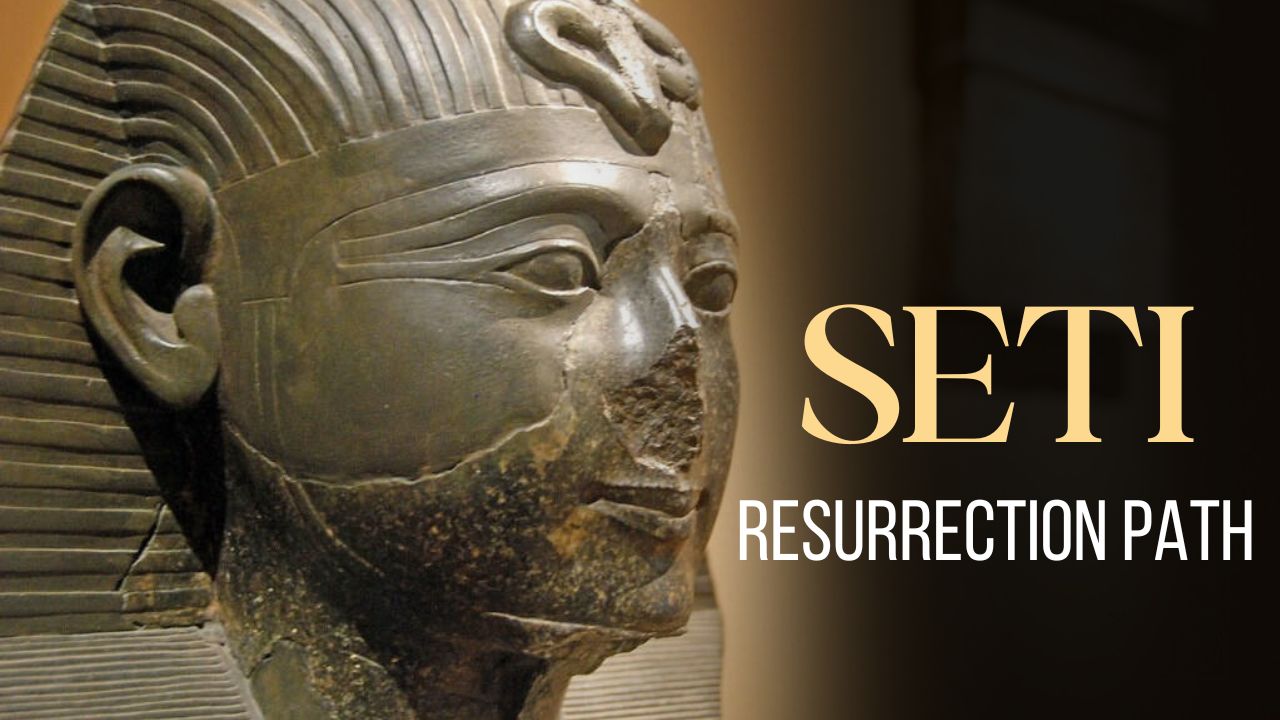
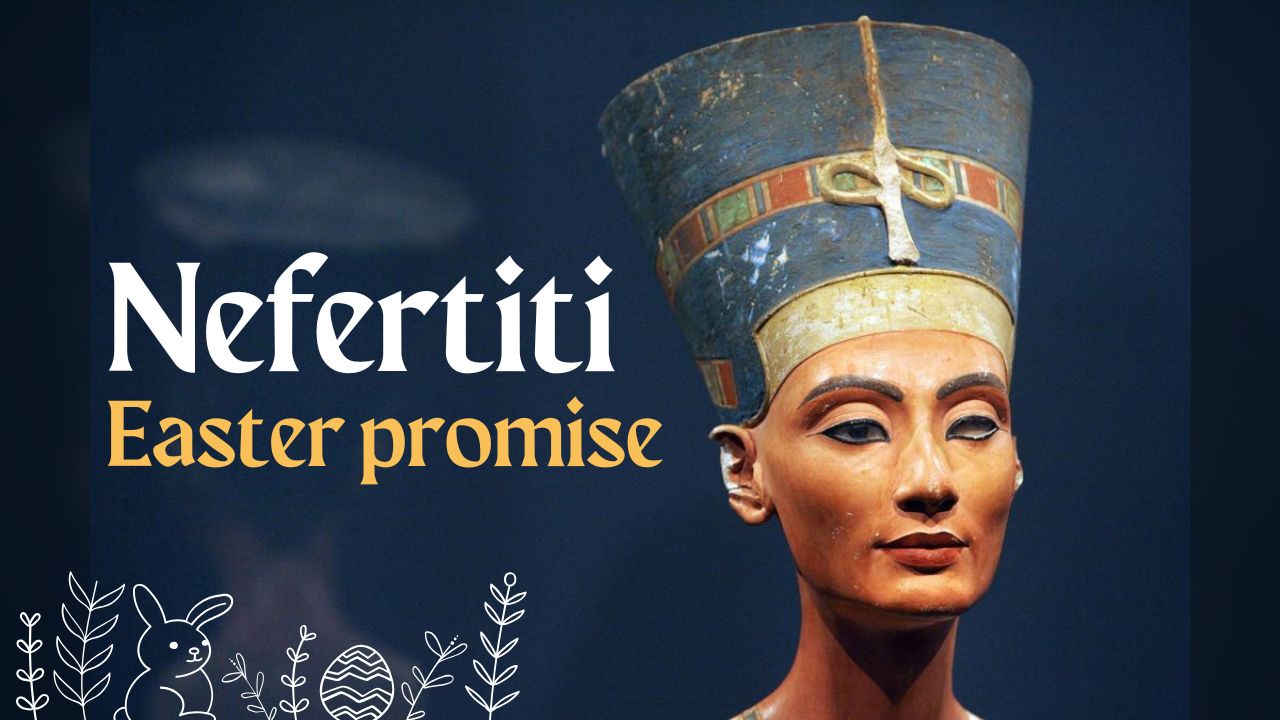
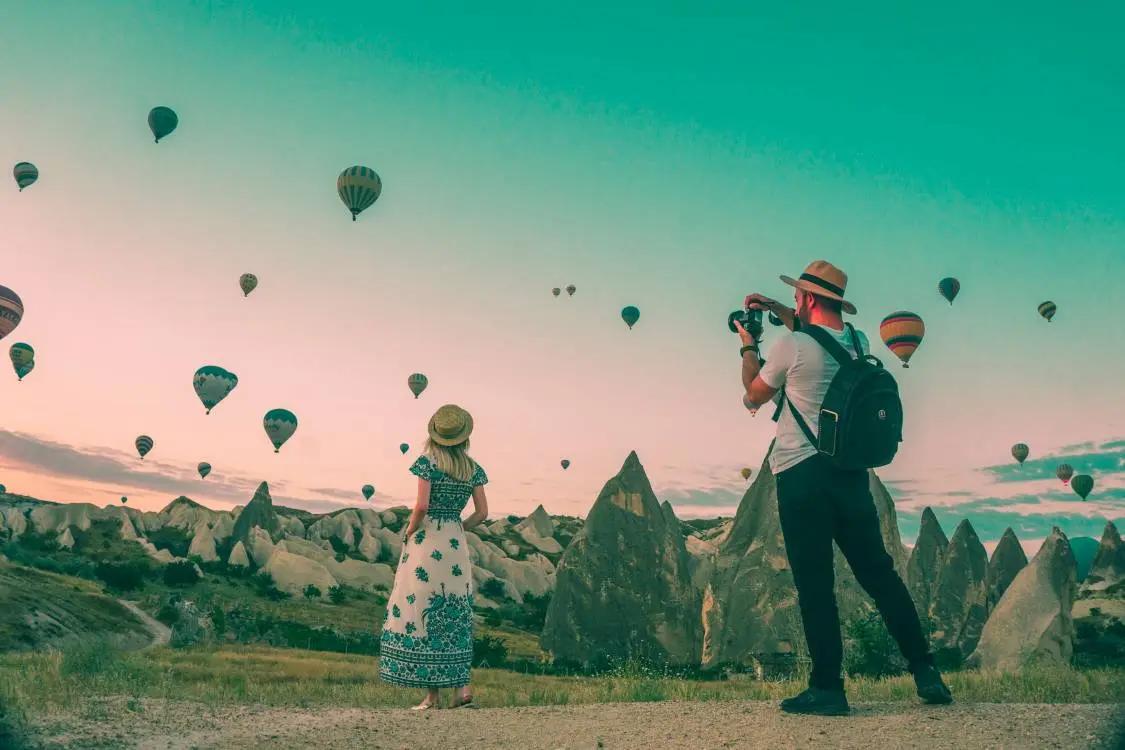



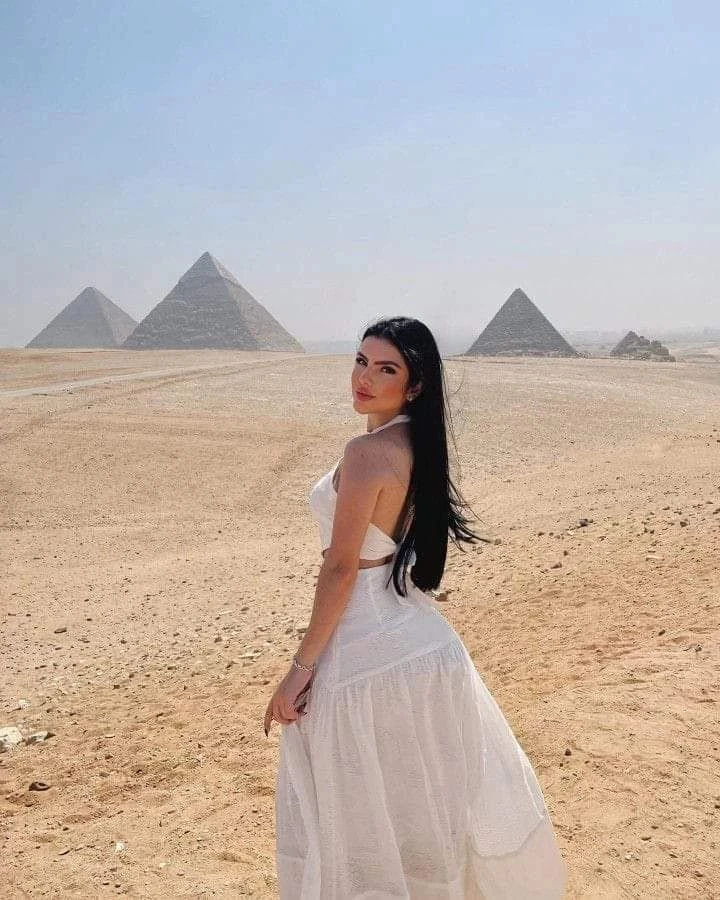
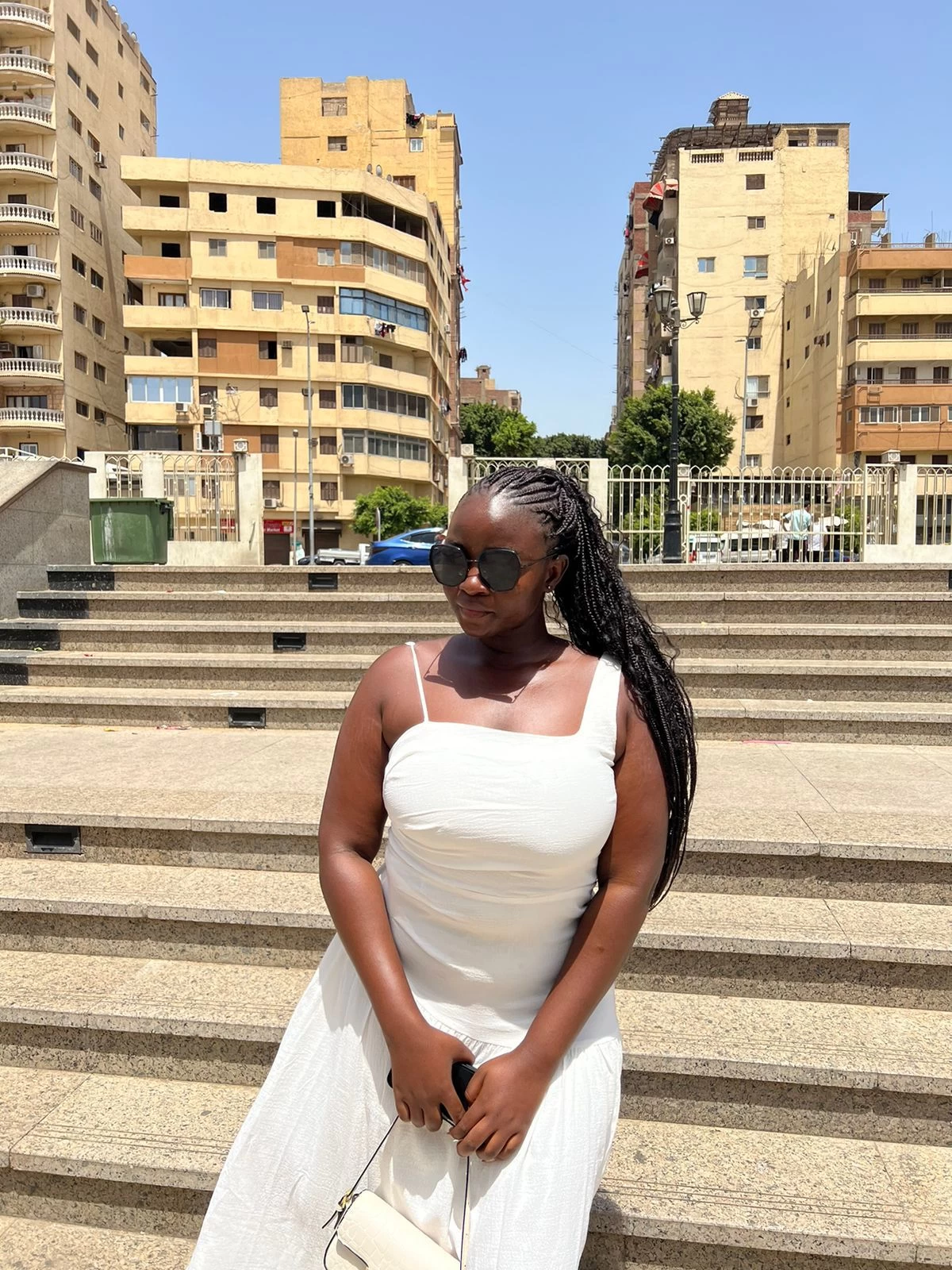
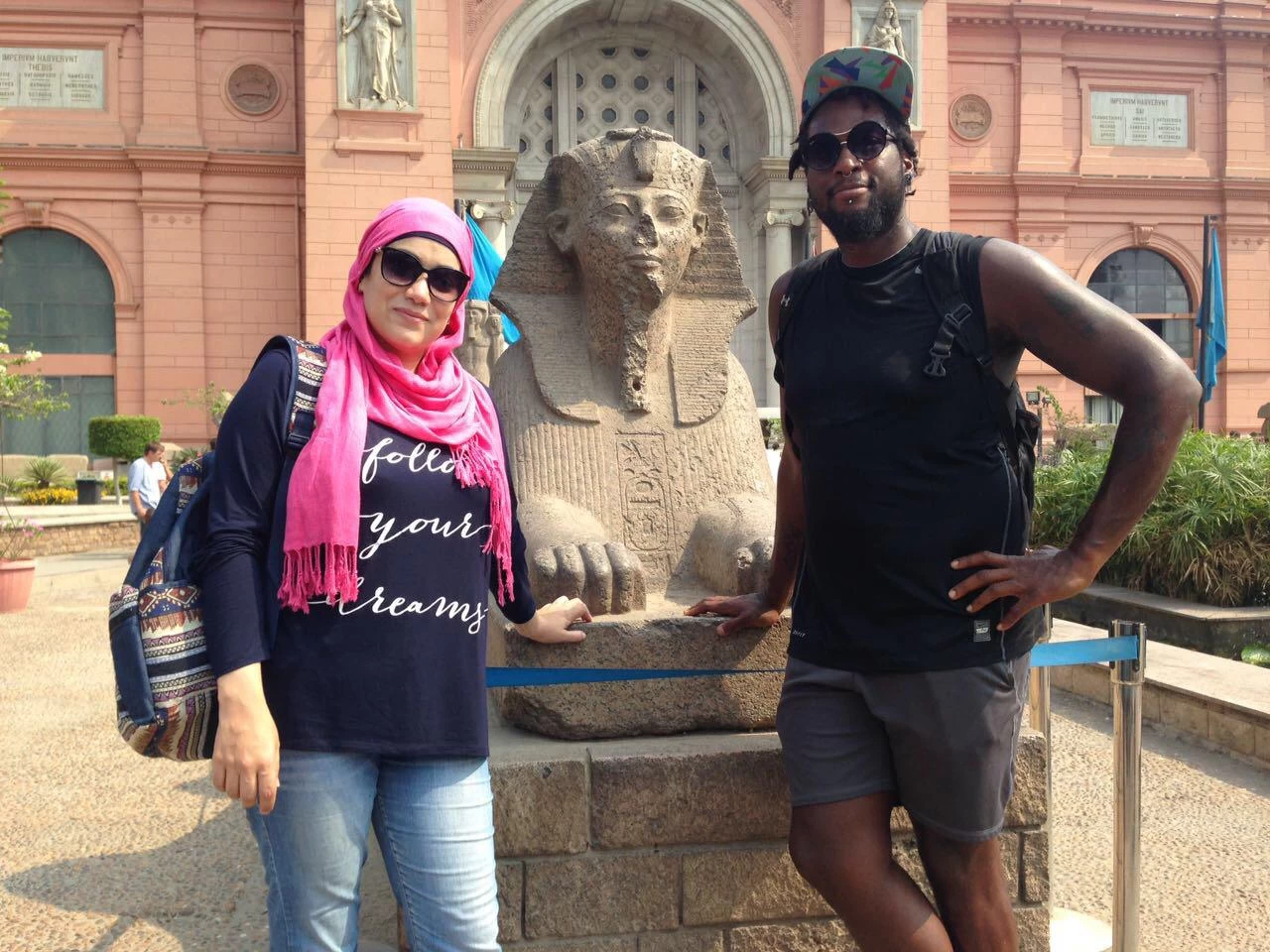
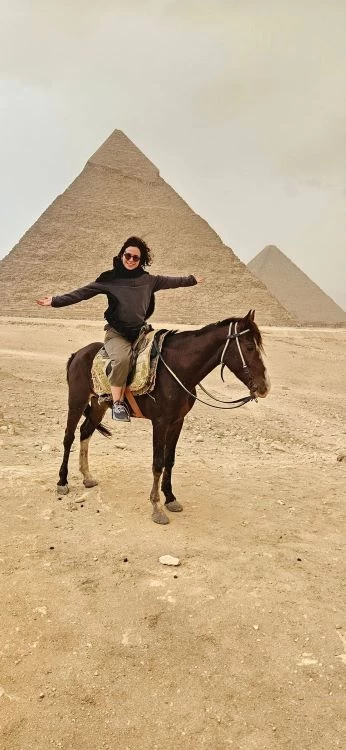
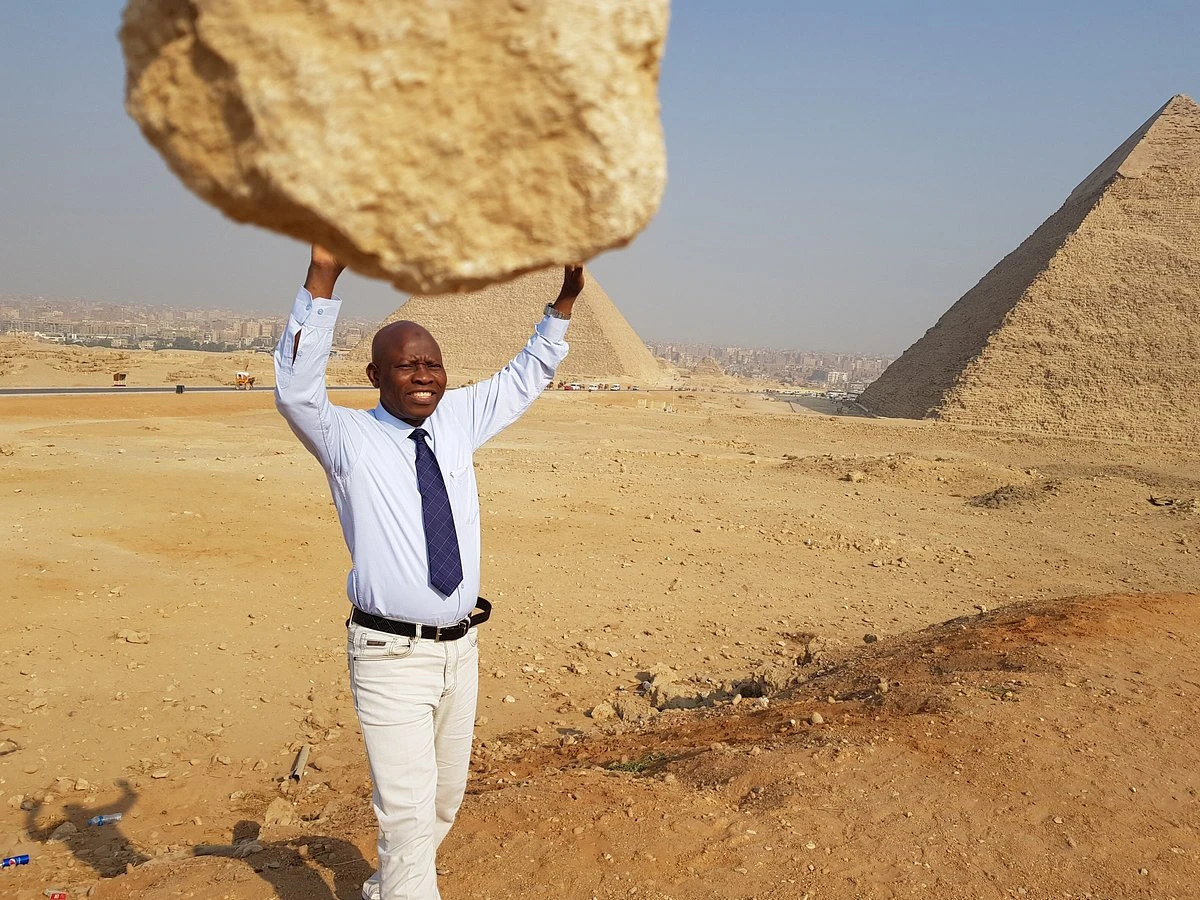
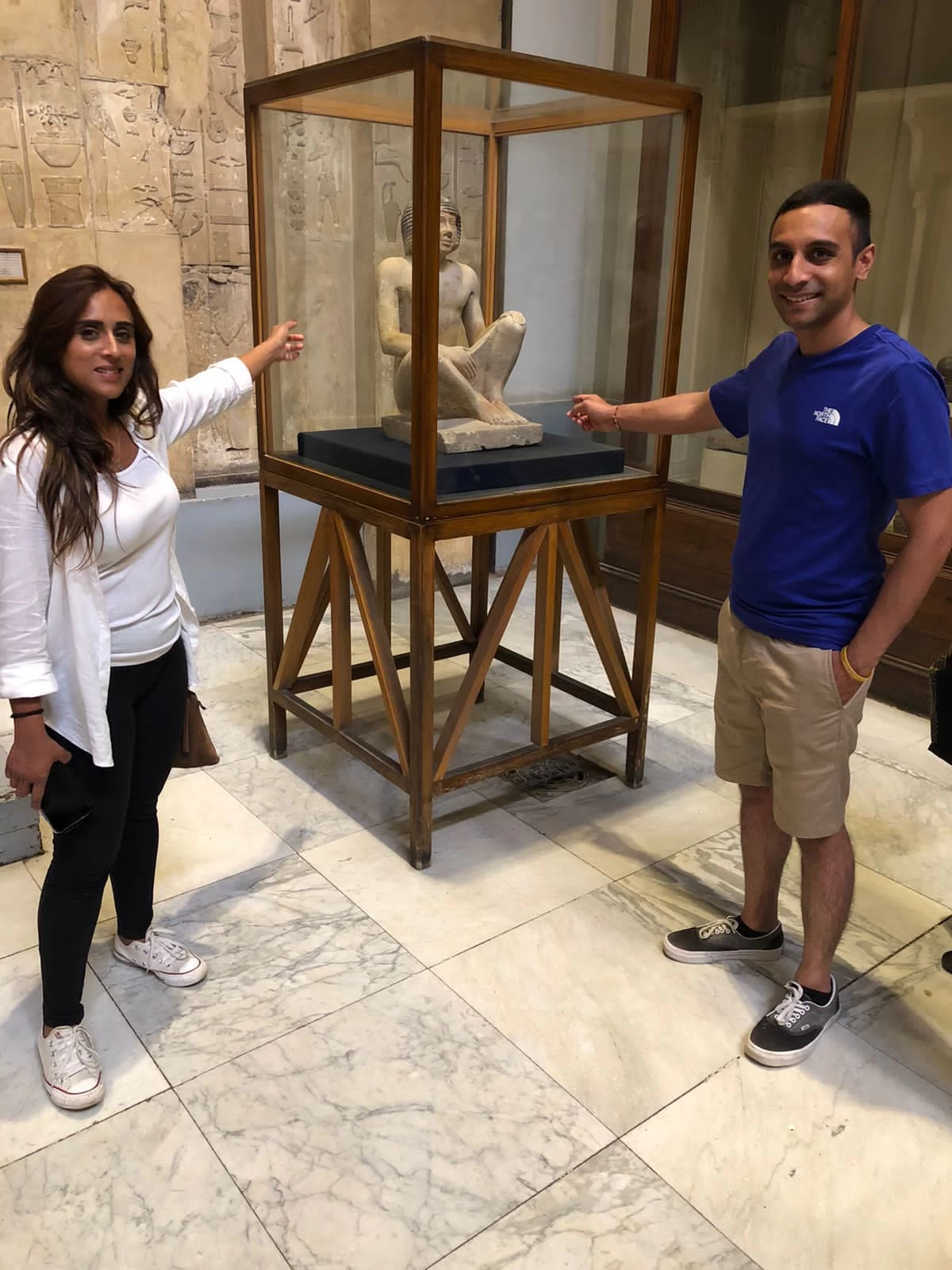
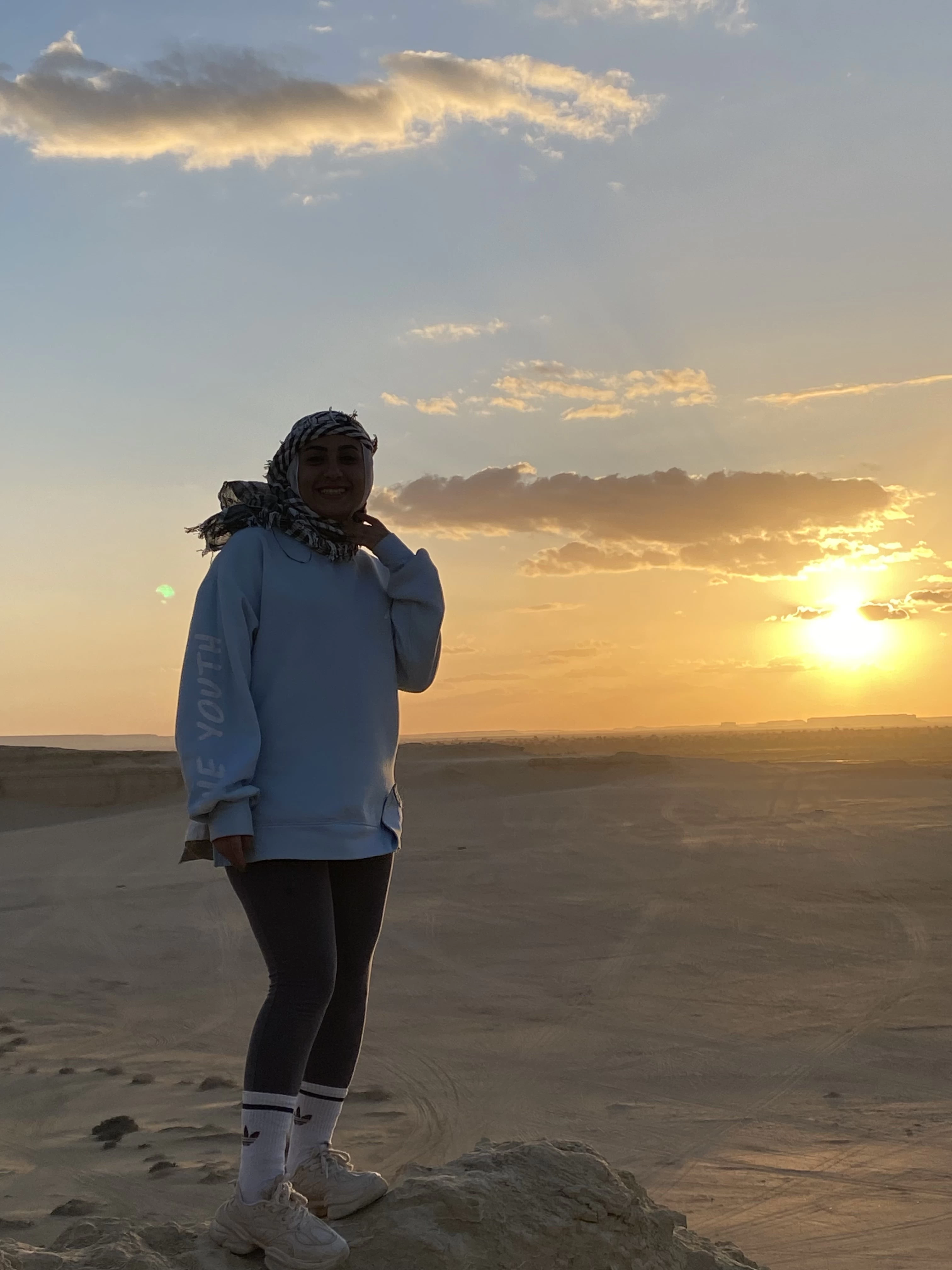
-webp.webp)
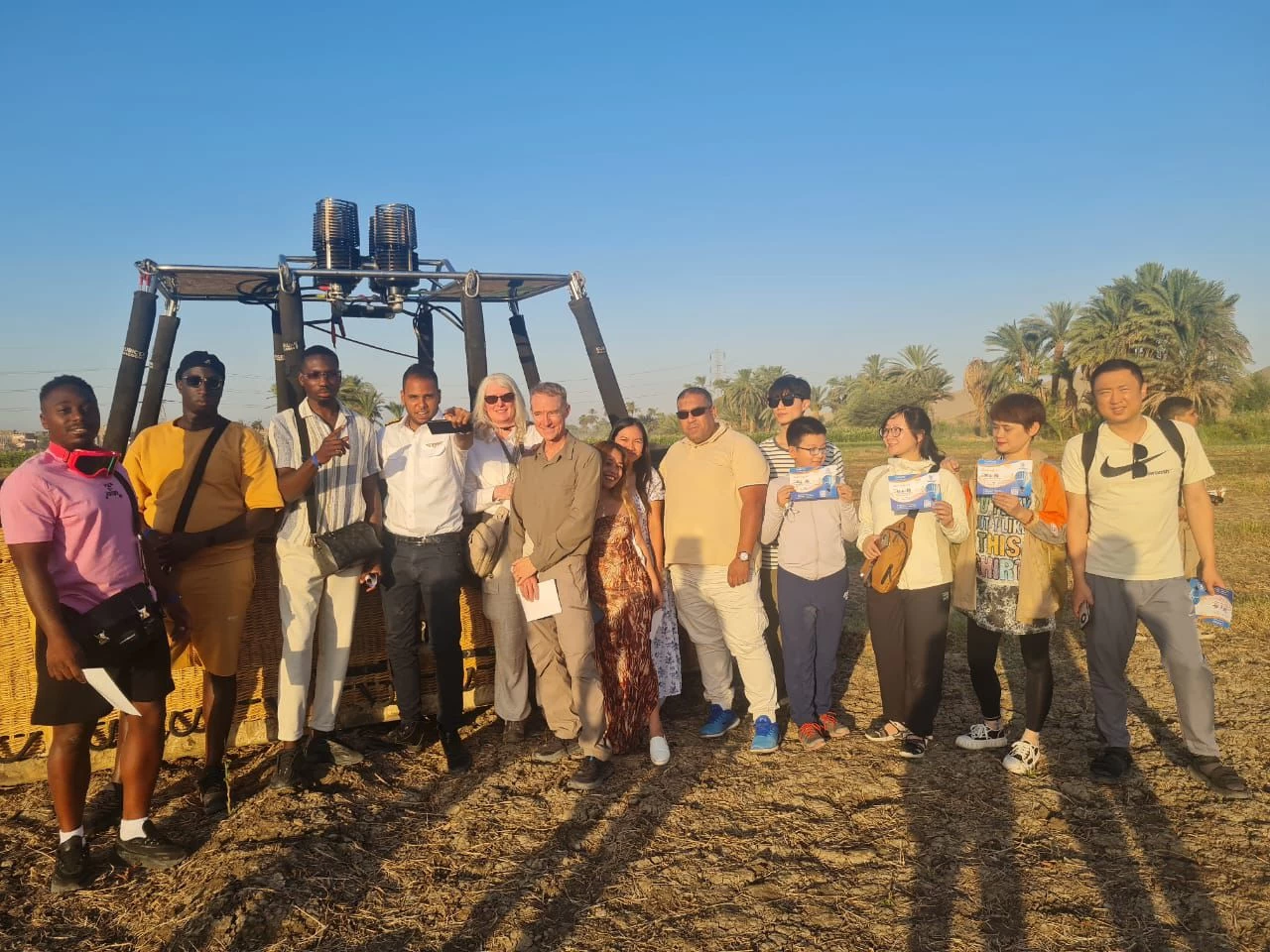
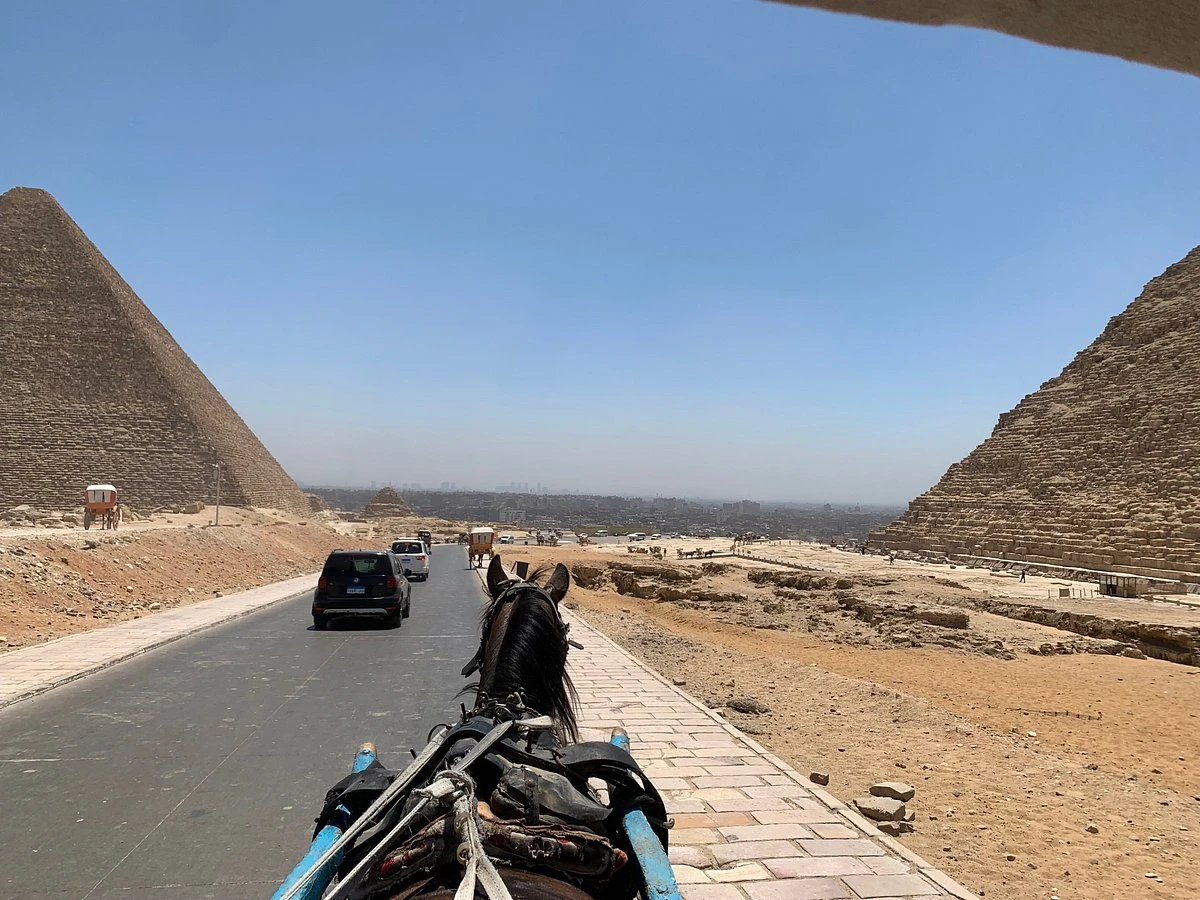
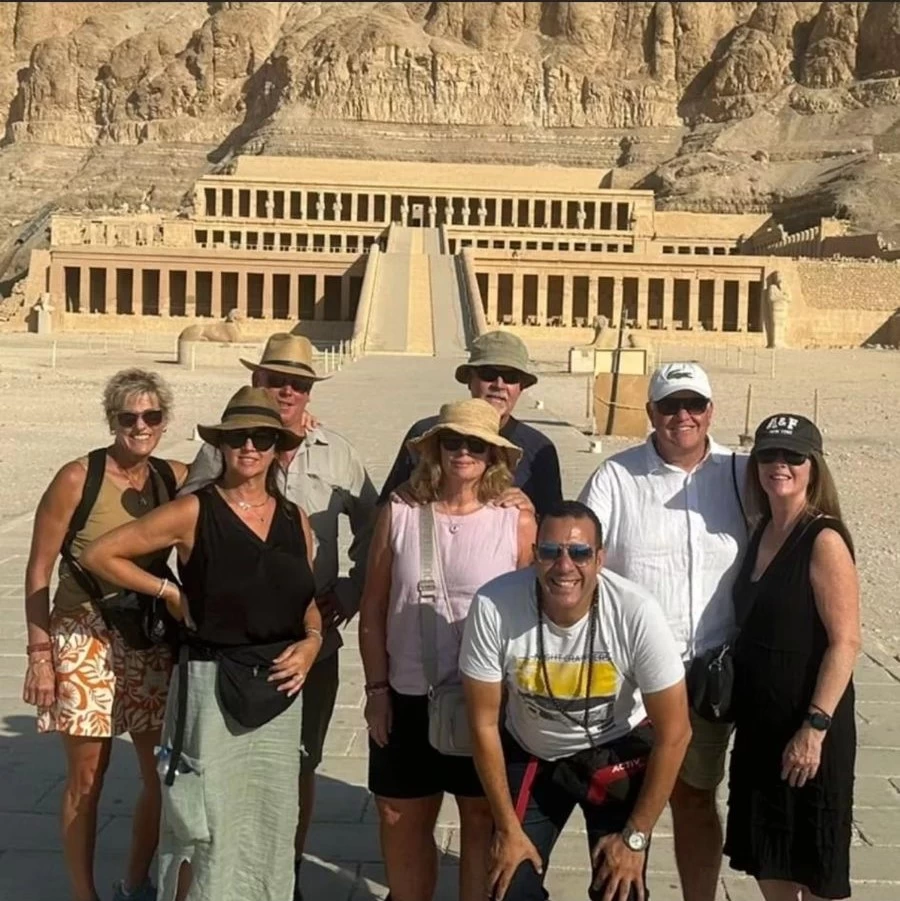
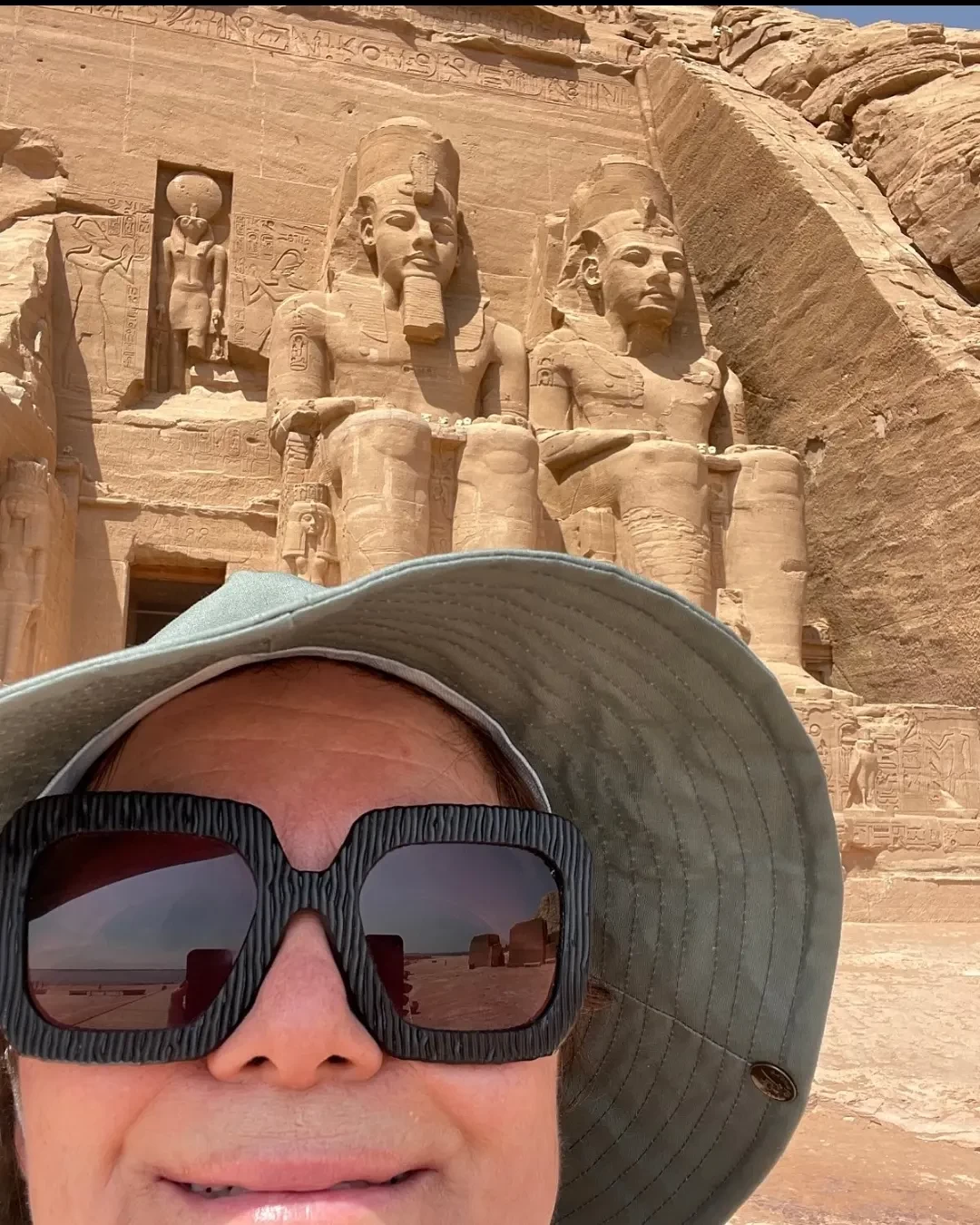
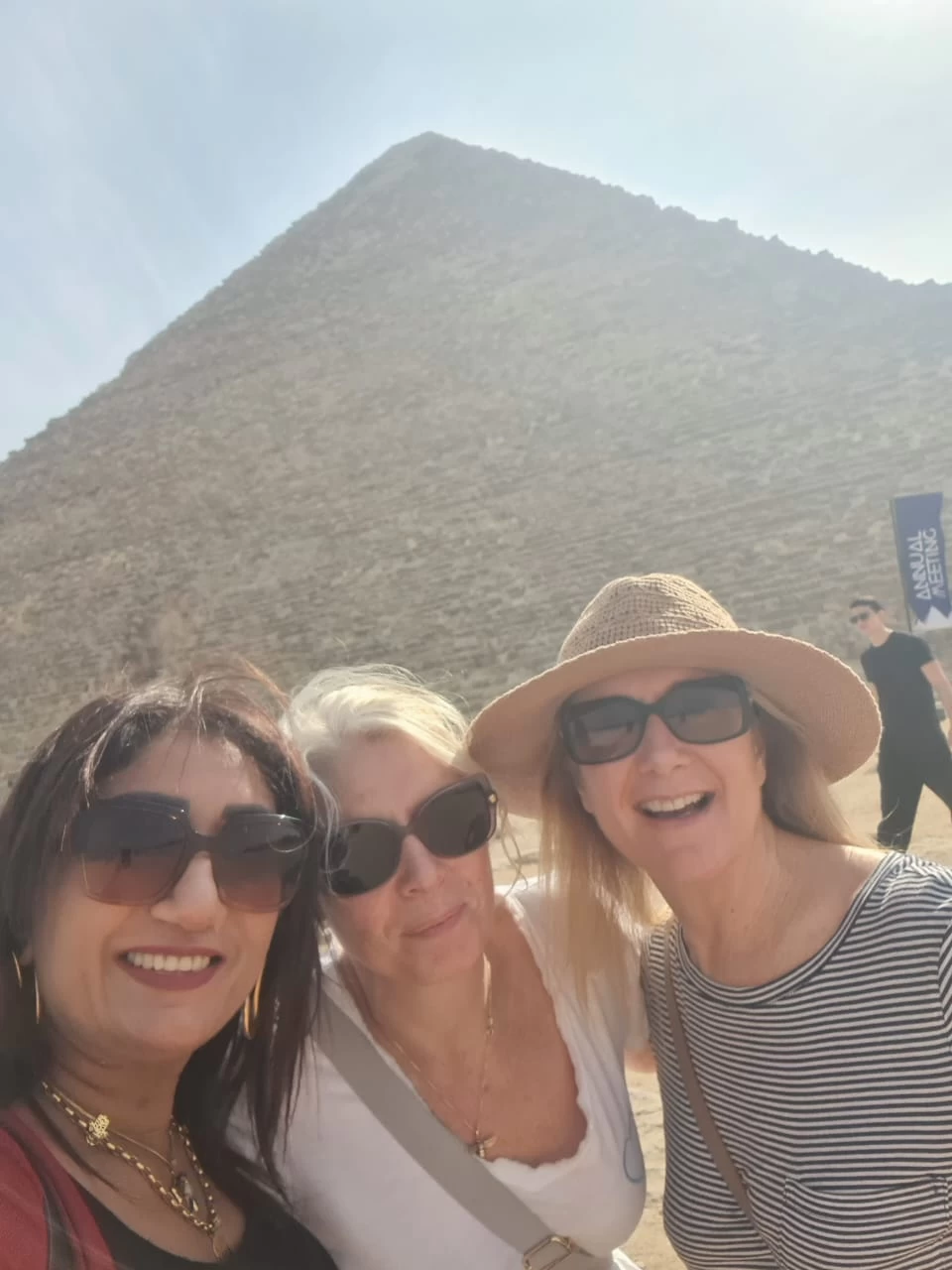
-webp.webp)
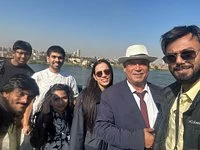
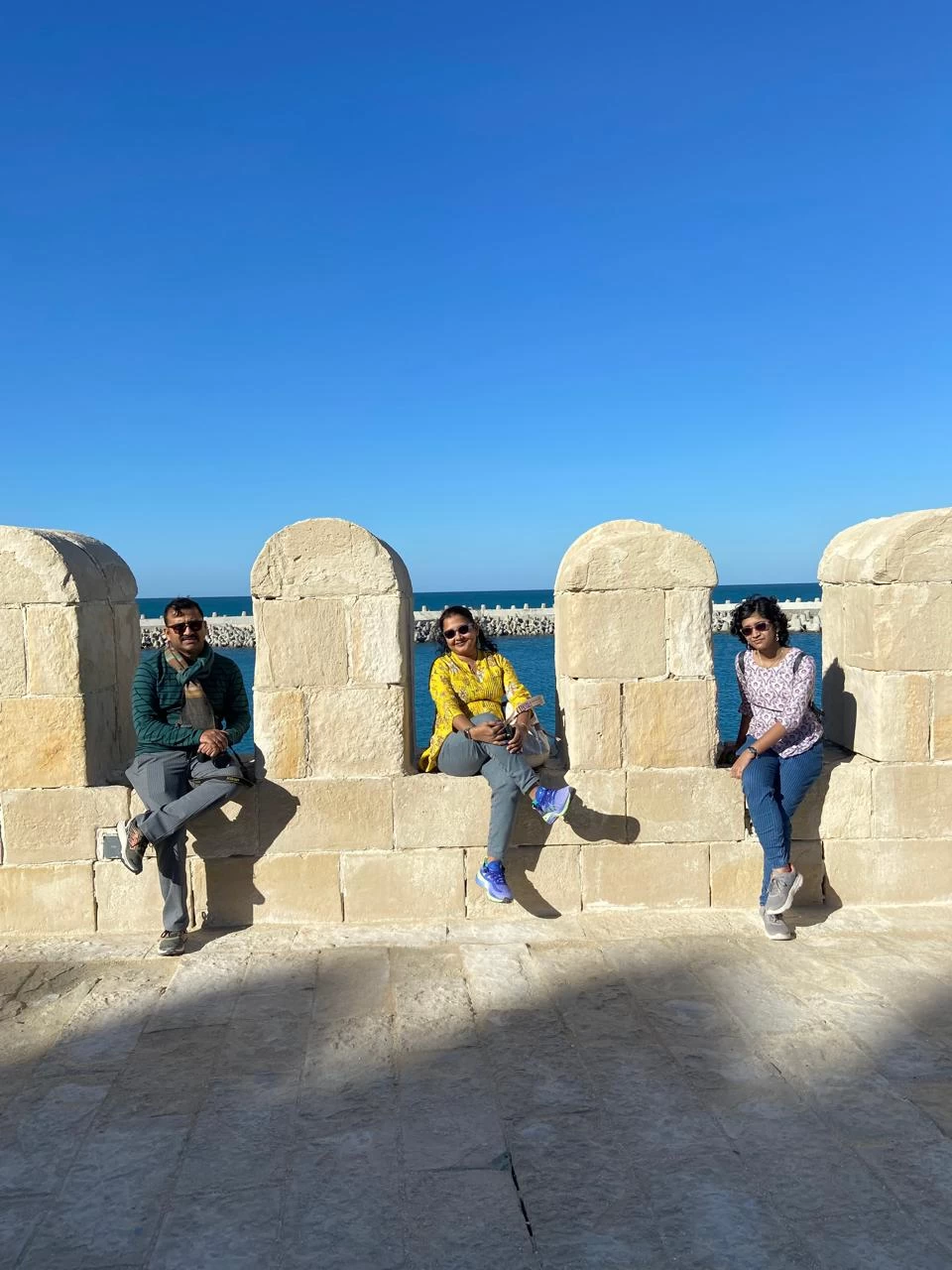
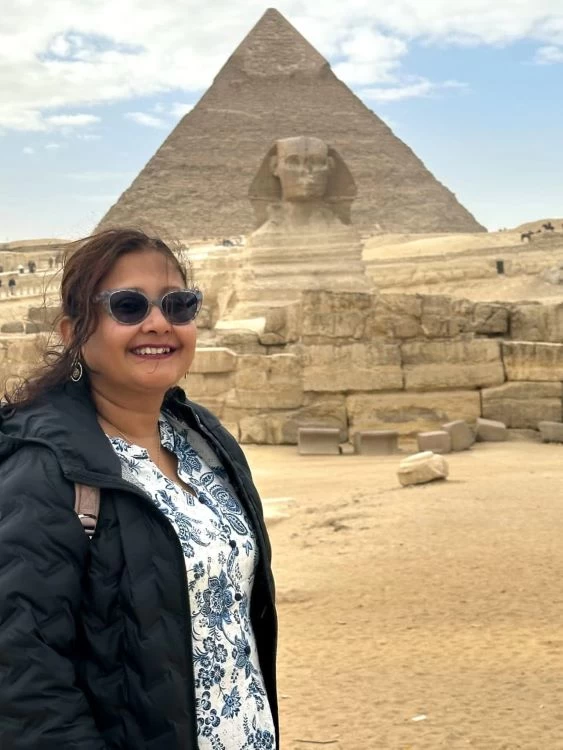
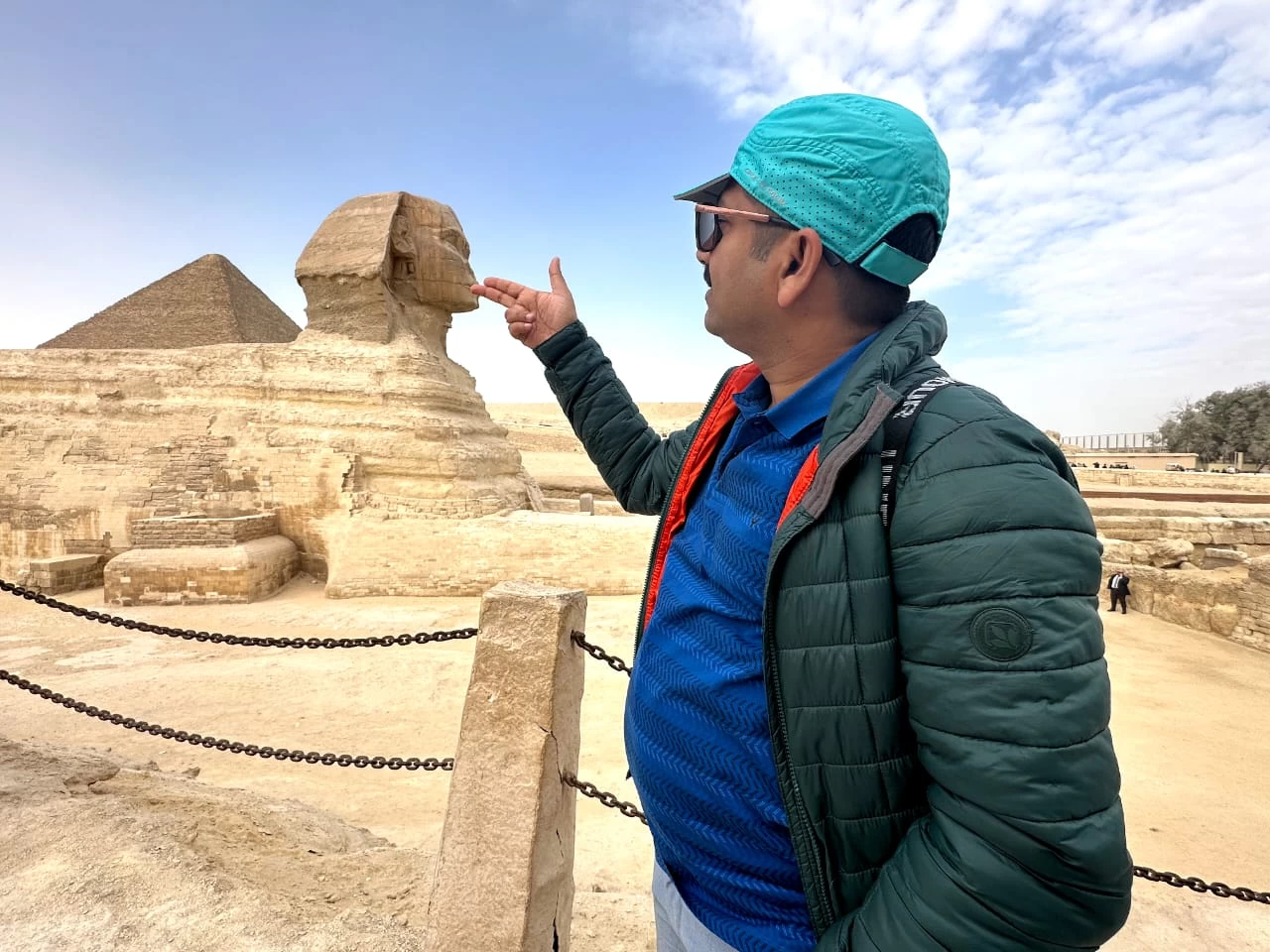
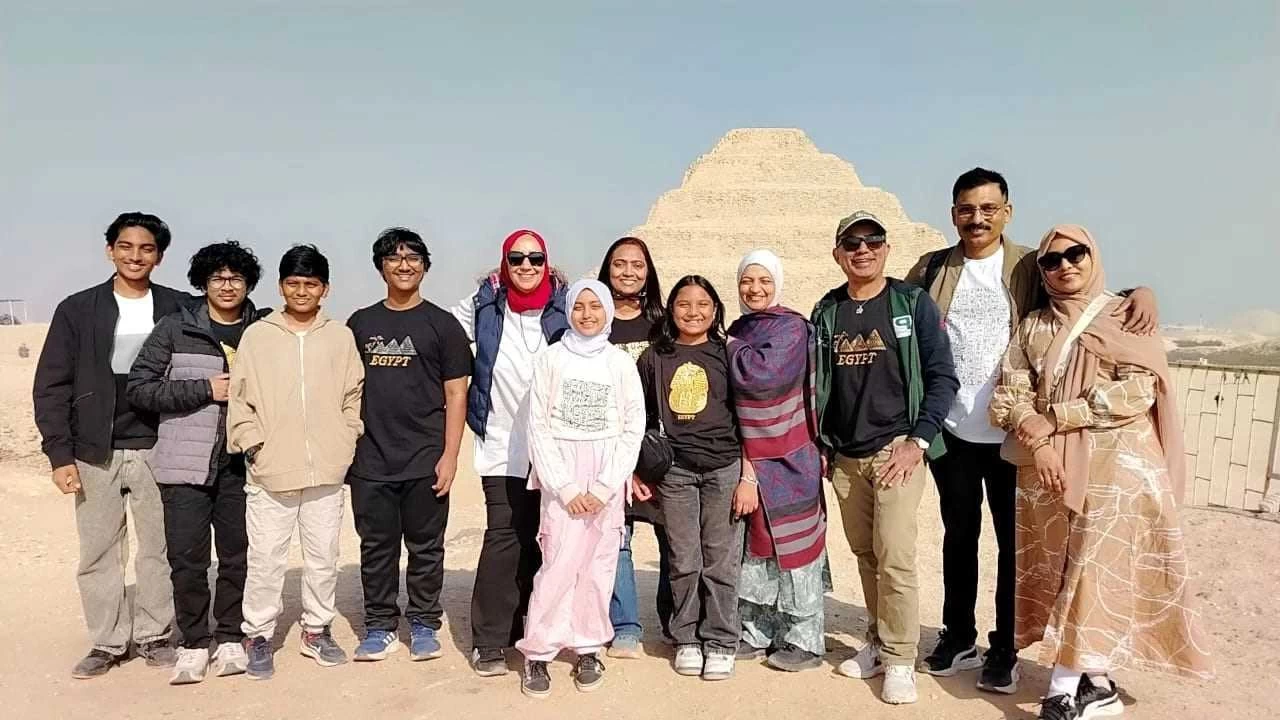
-webp.webp)
-webp.webp)
-webp.webp)
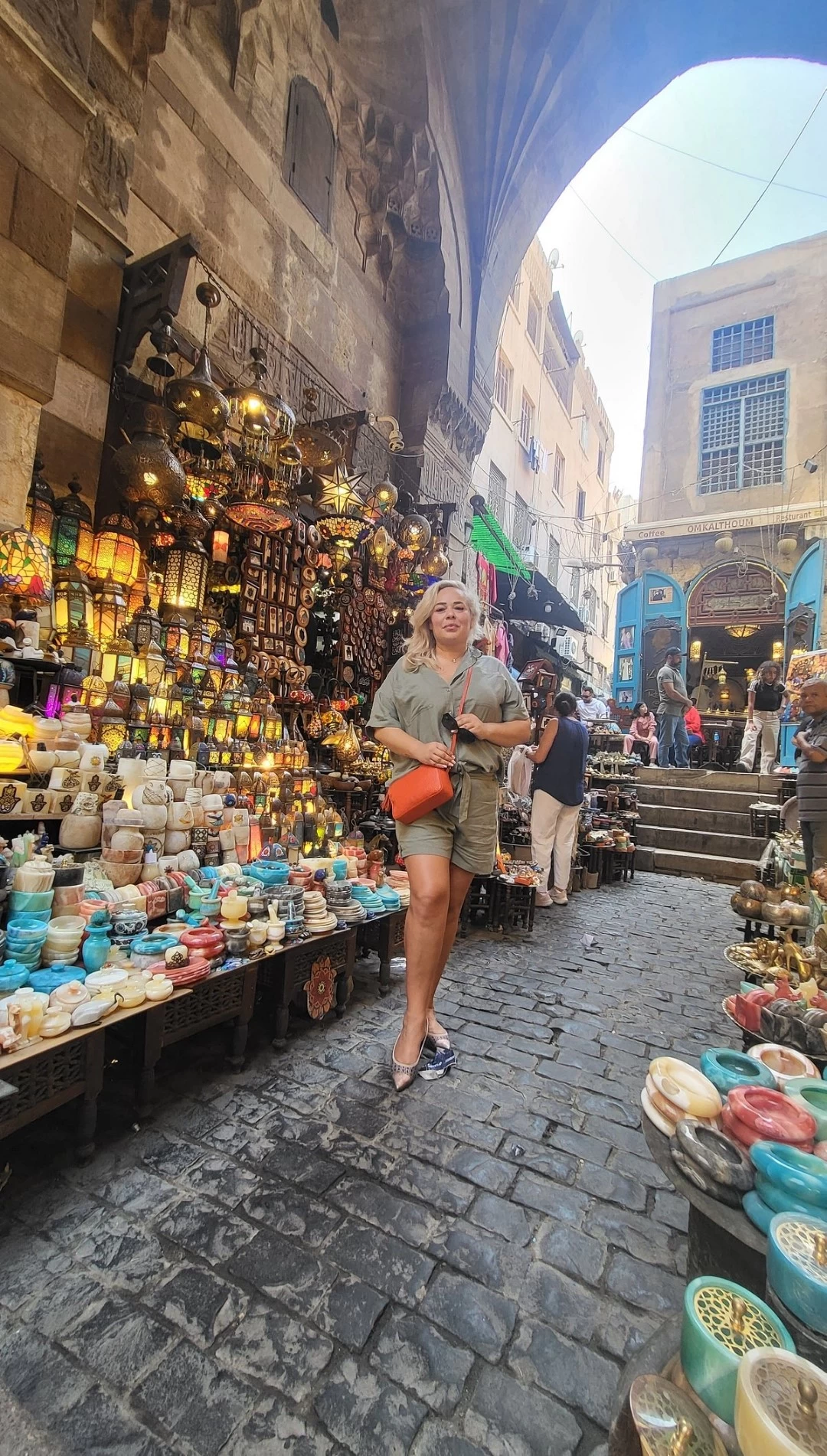
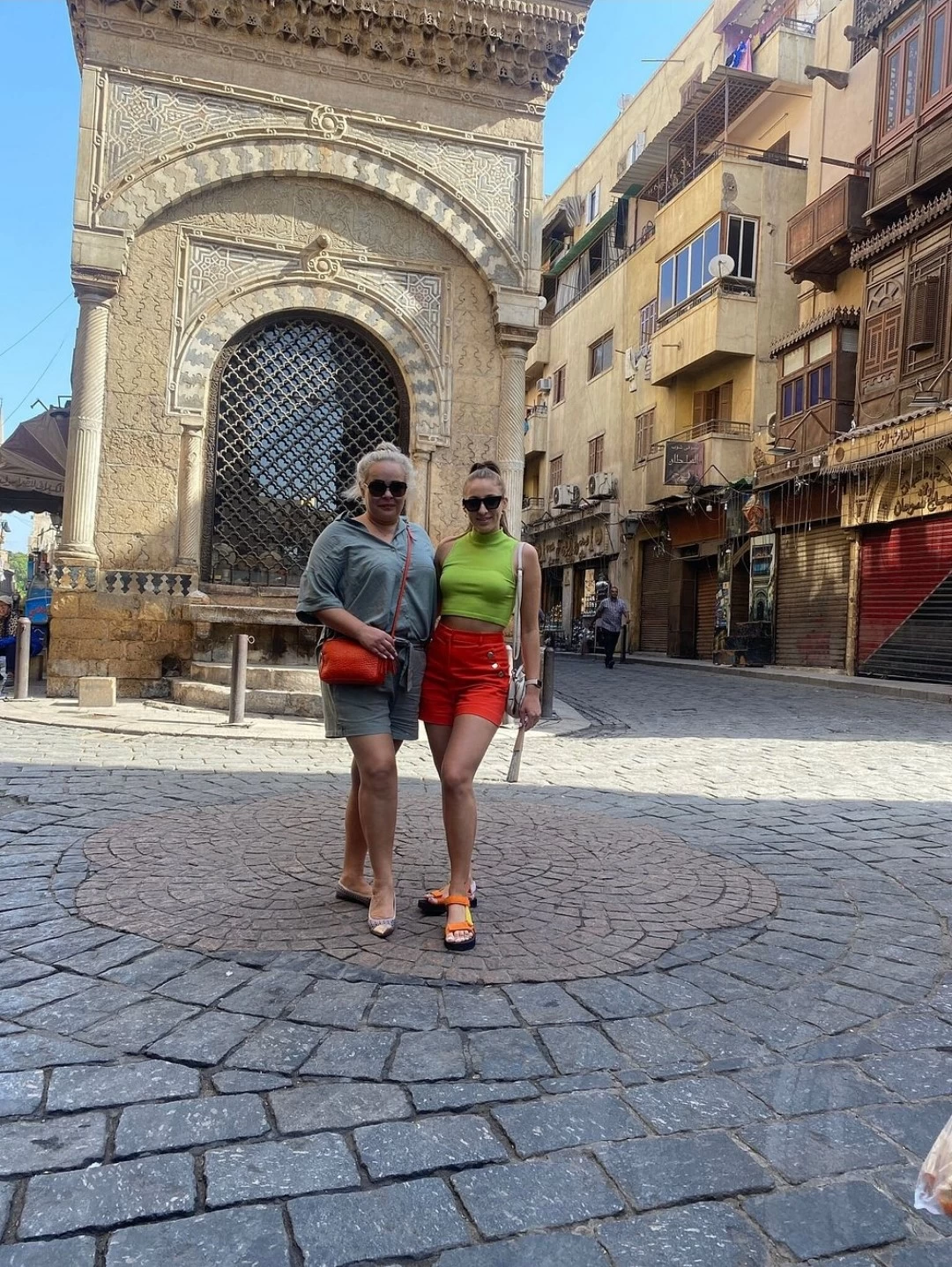

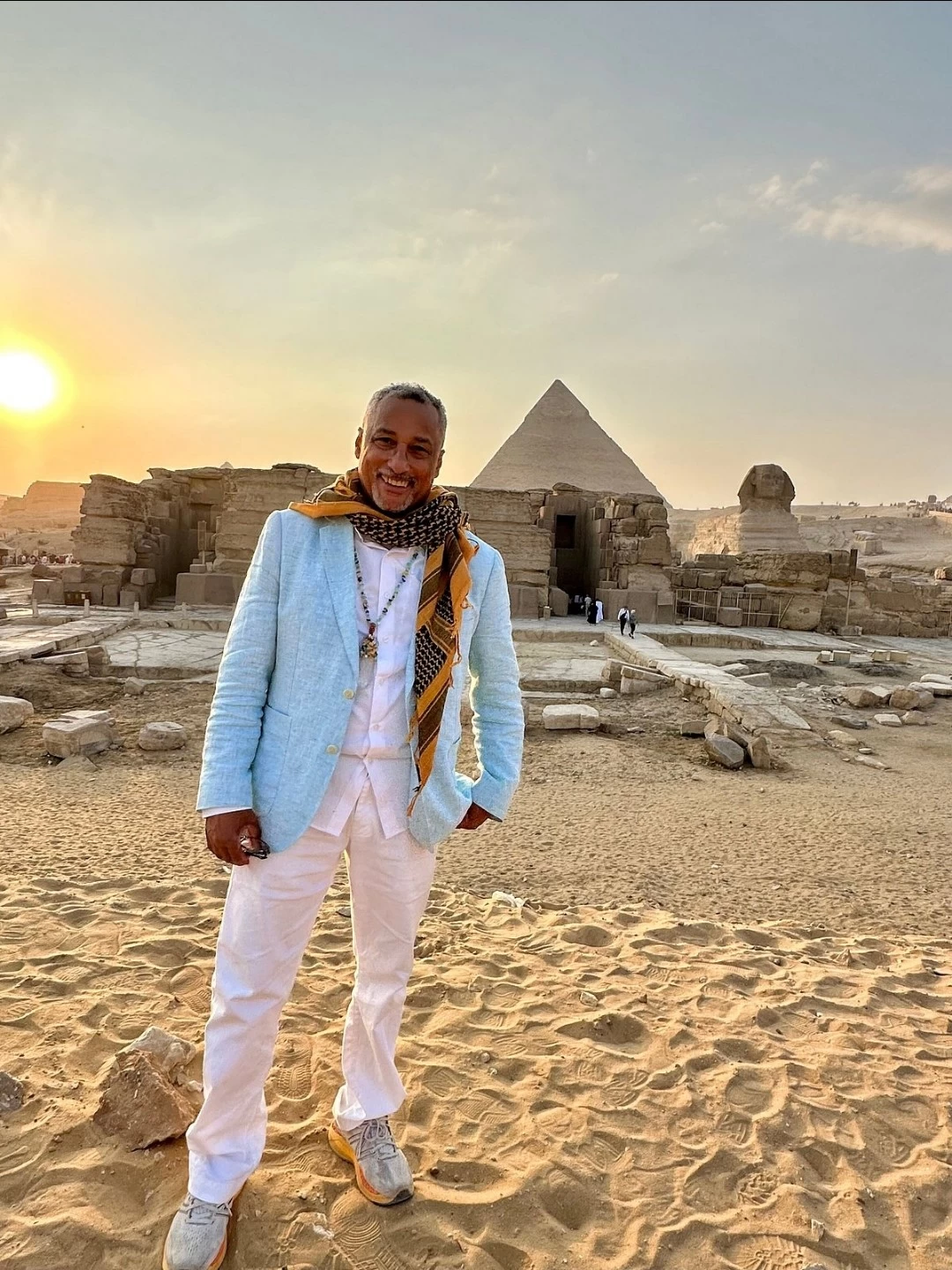
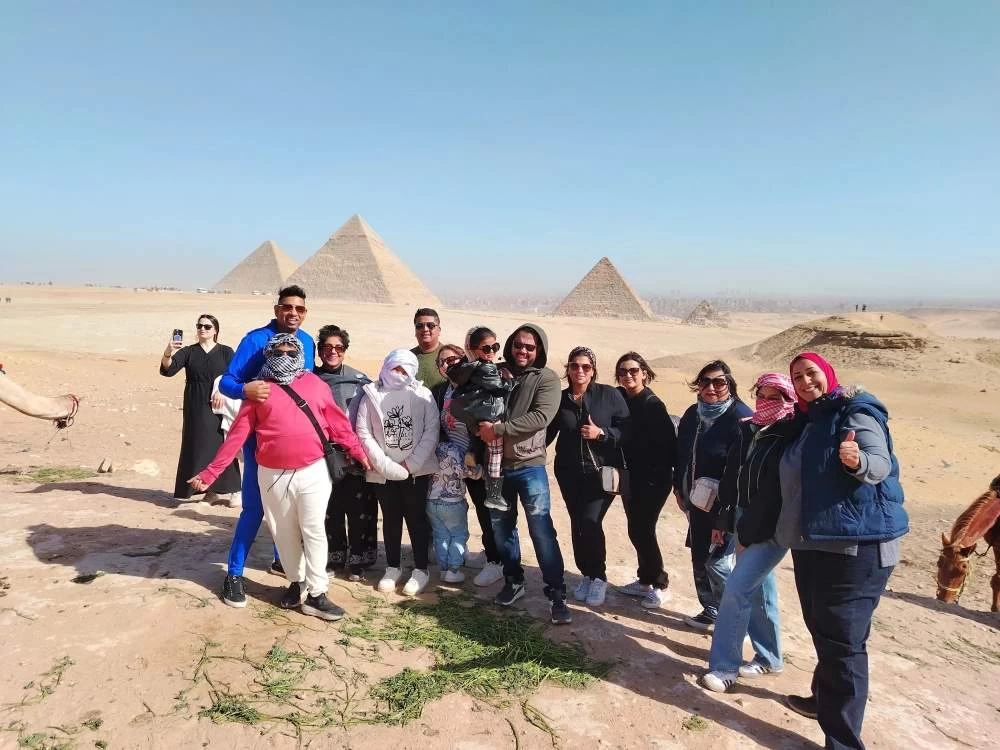
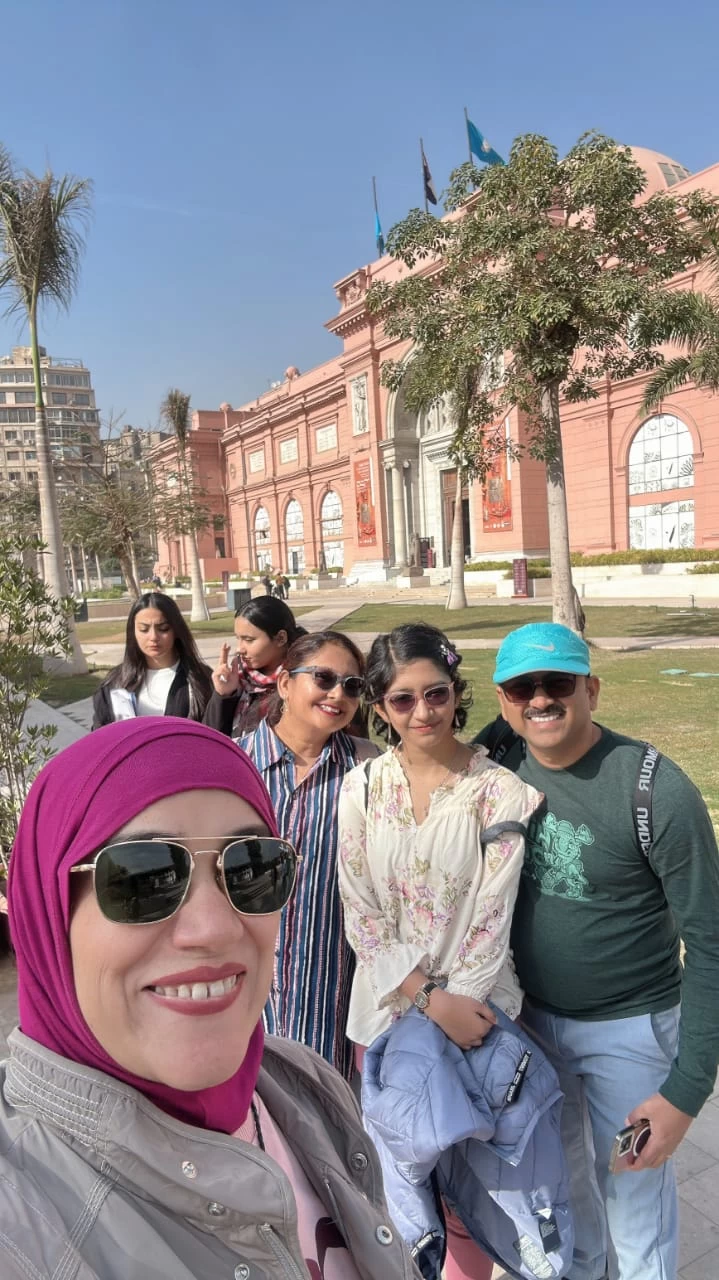
-webp.webp)
-webp.webp)
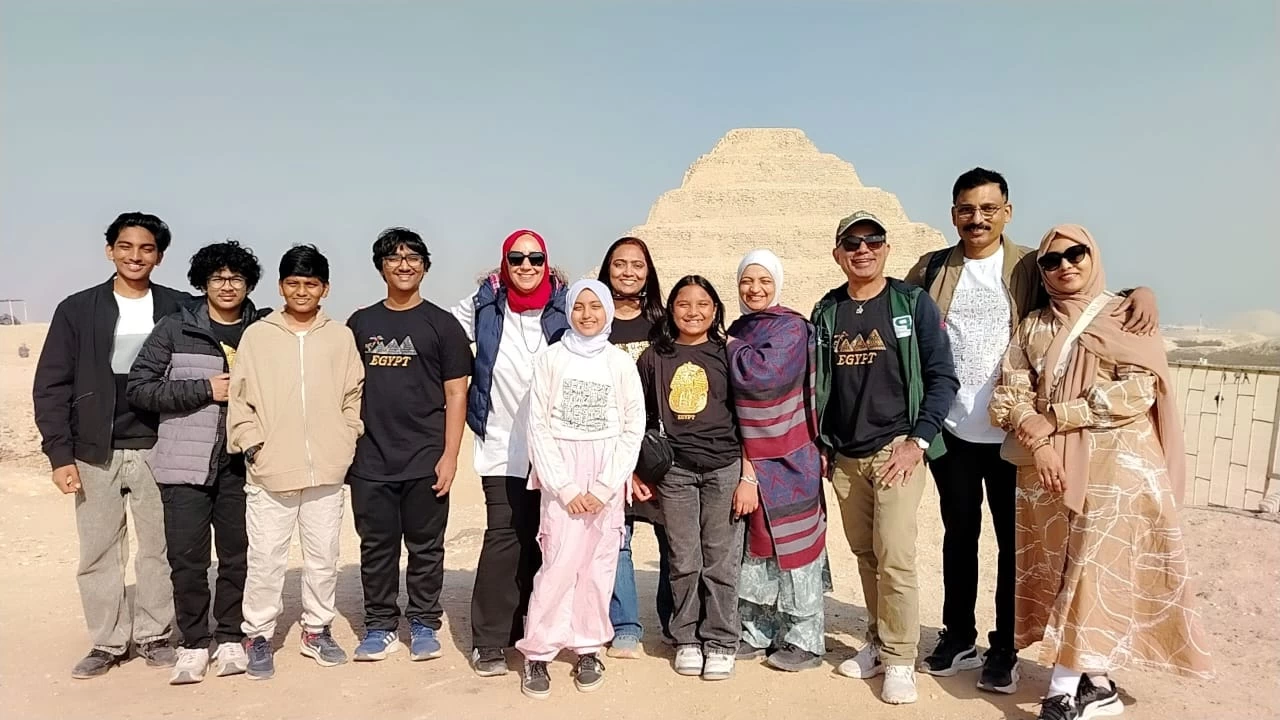
-webp.webp)
-webp.webp)
-webp.webp)
-webp.webp)
-webp.webp)
-webp.webp)
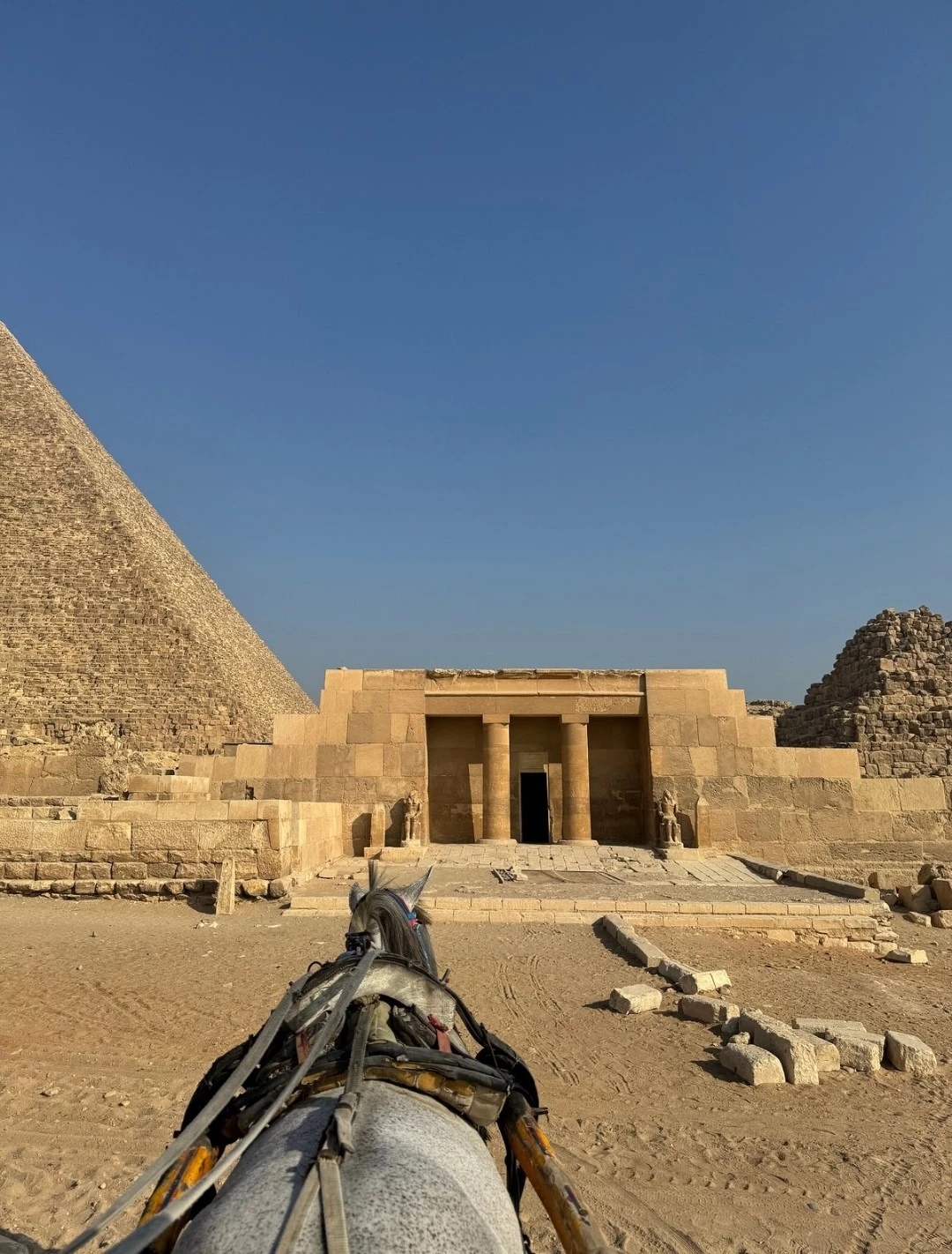
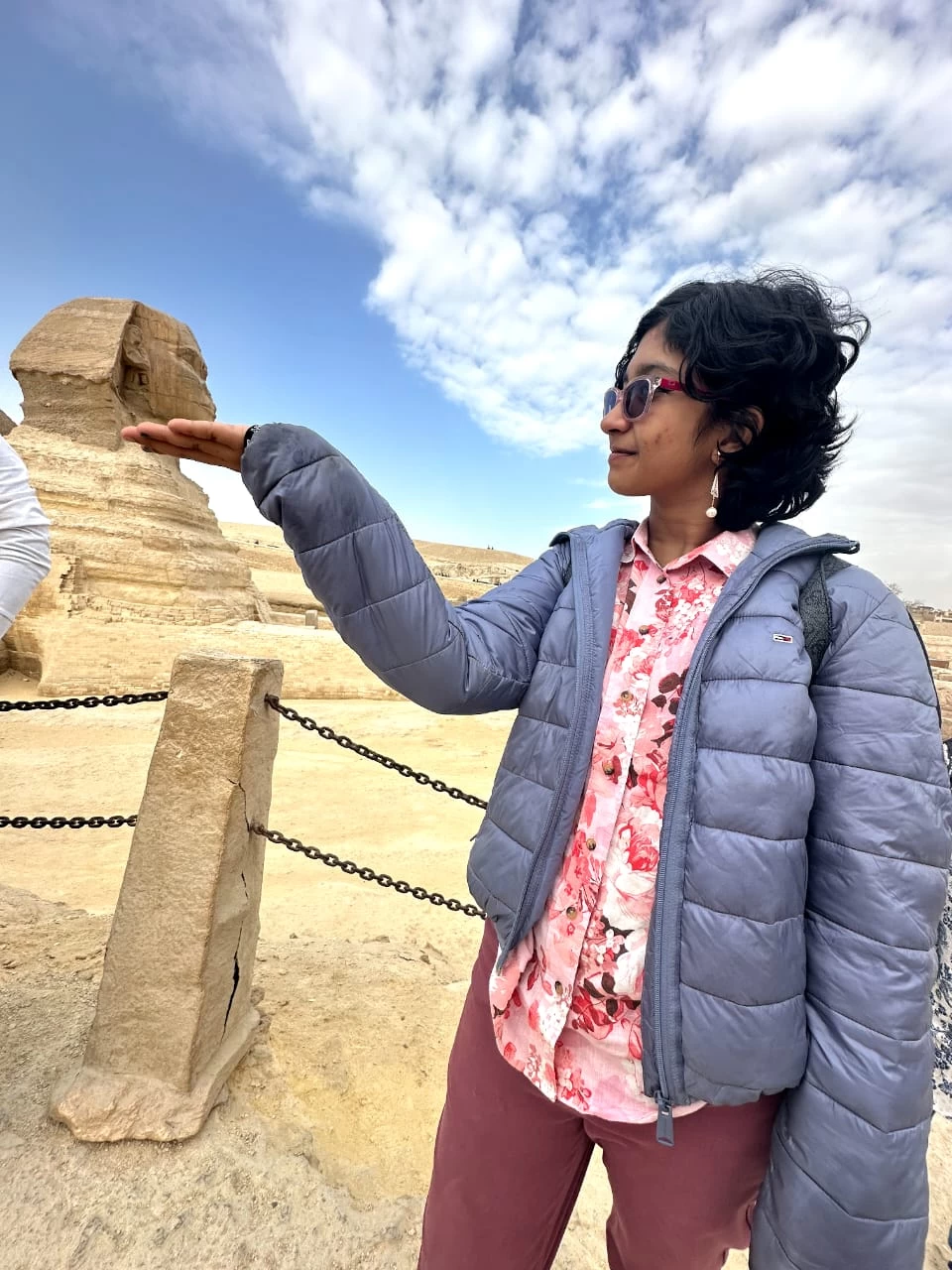
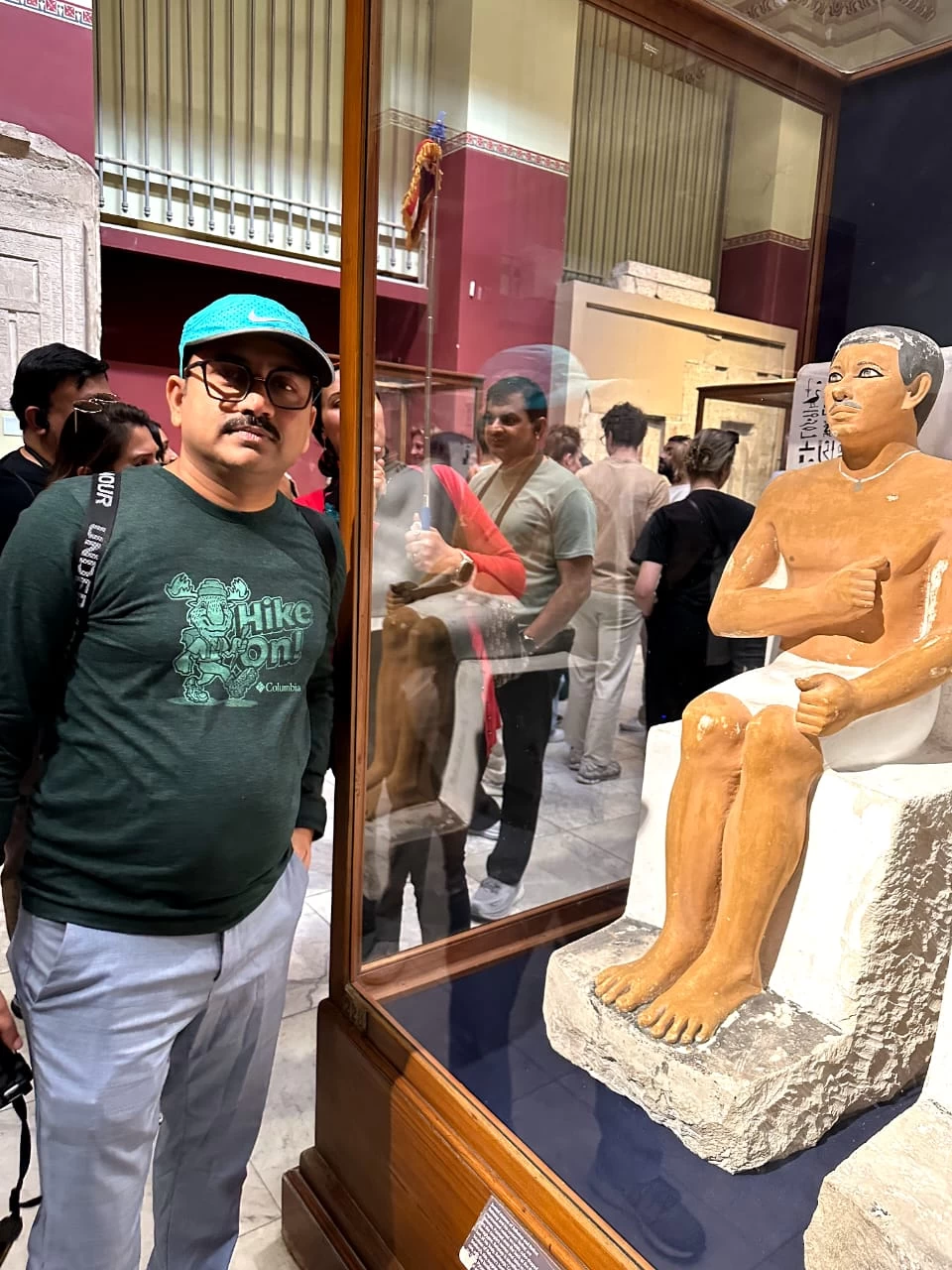
-webp.webp)
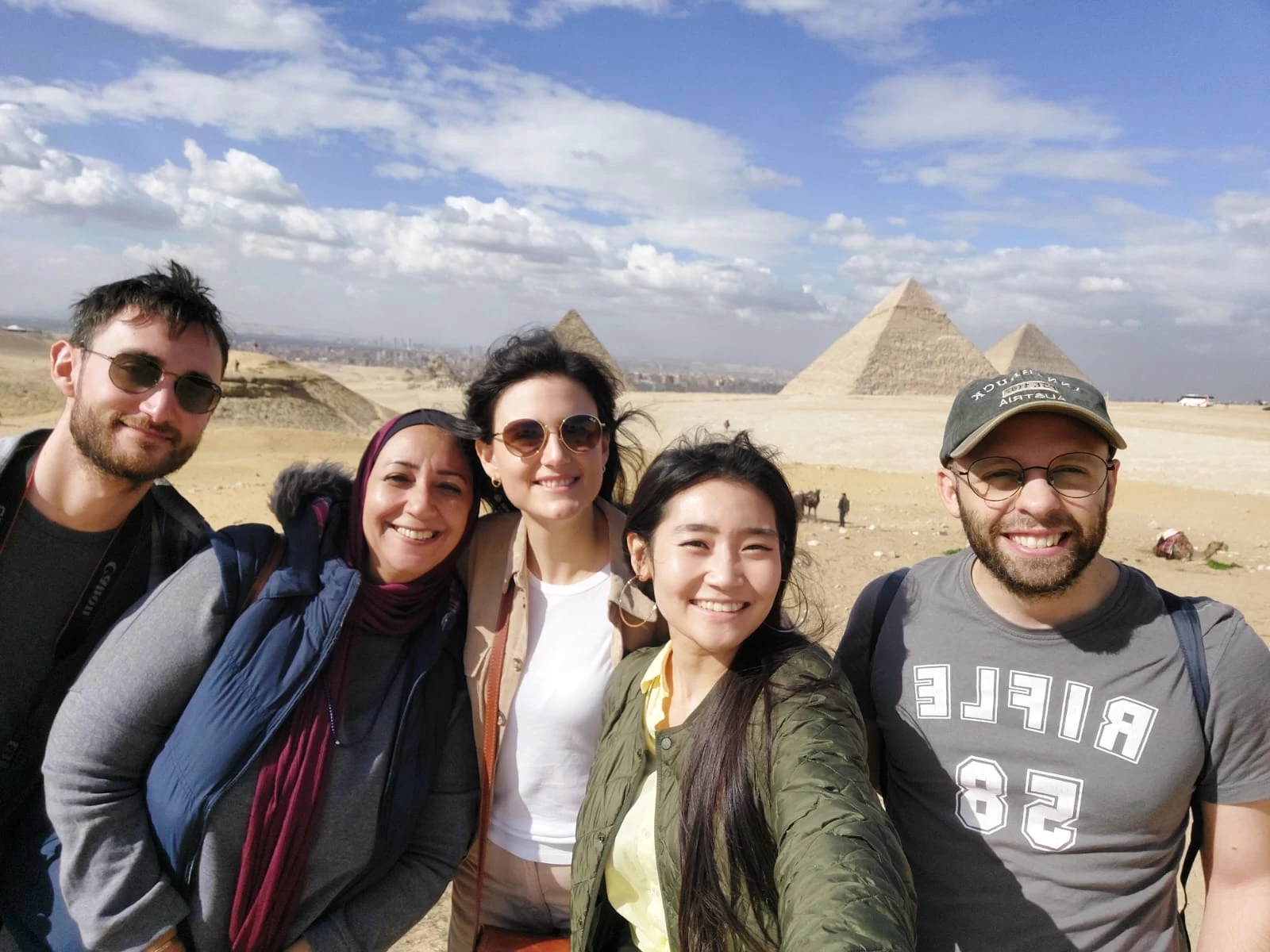
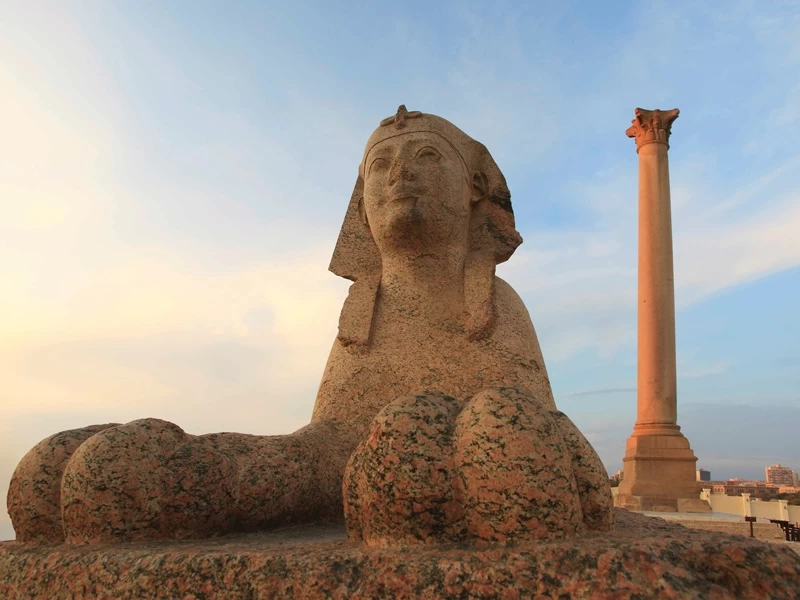
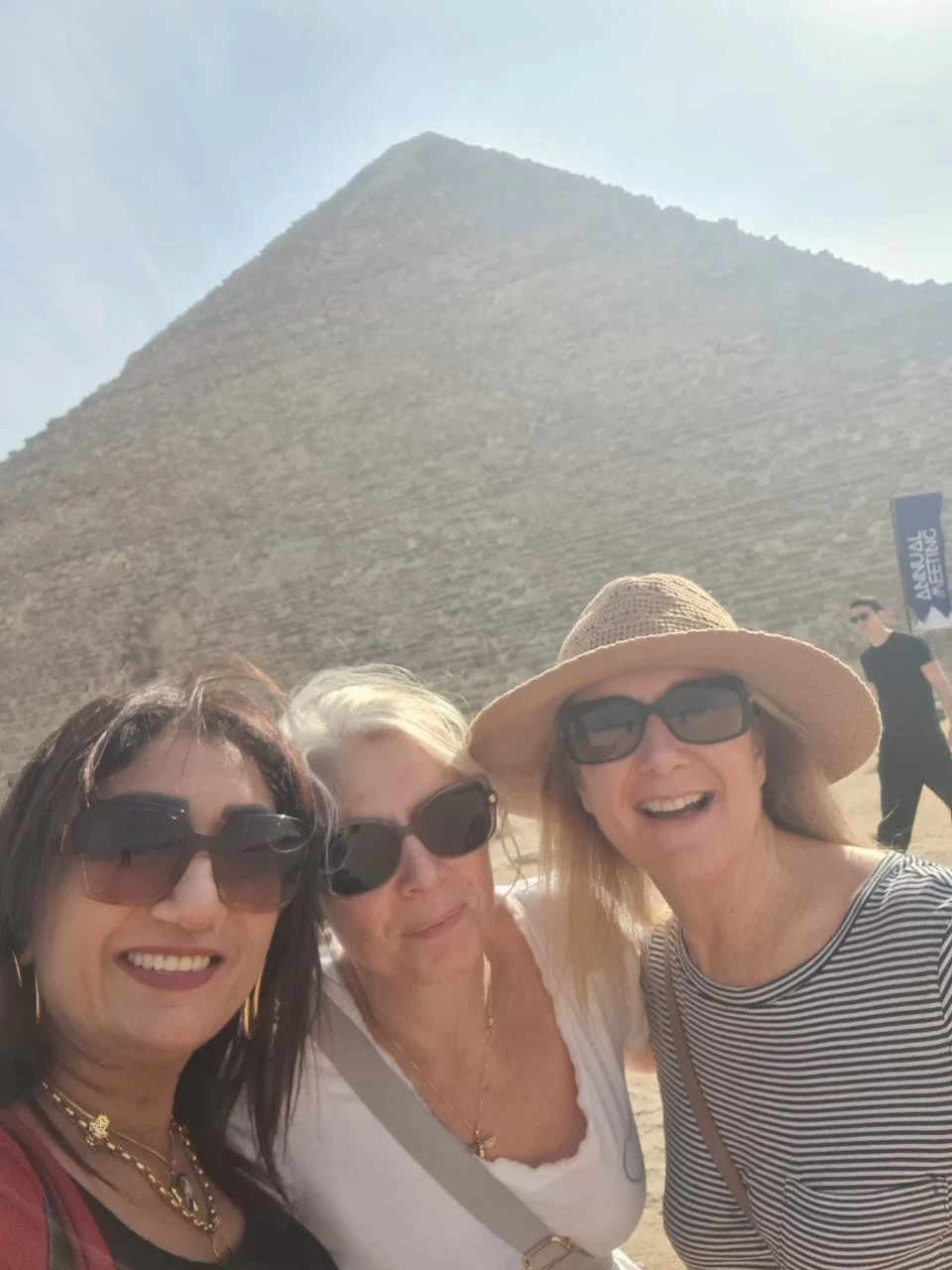


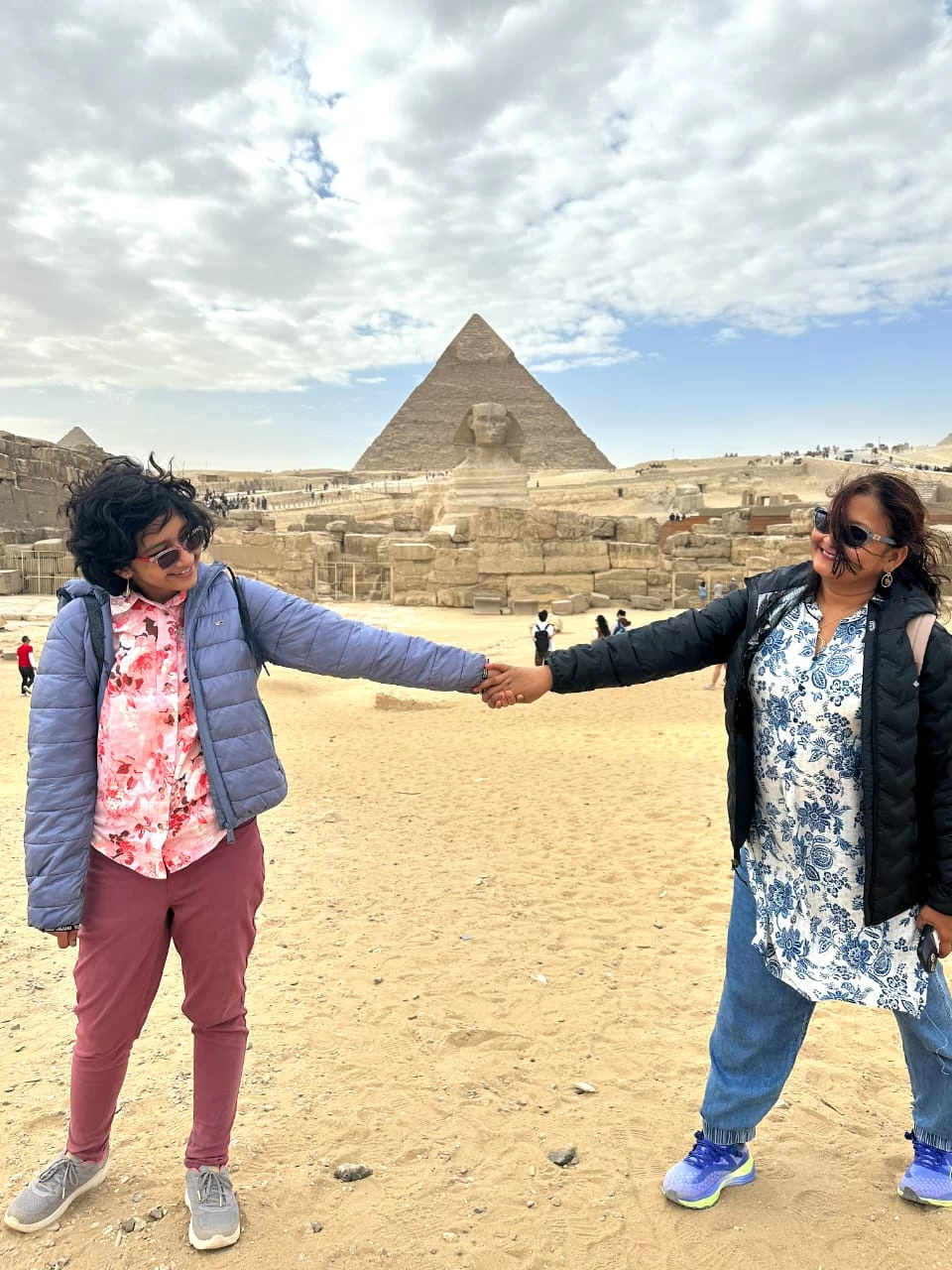
-webp.webp)
-webp.webp)







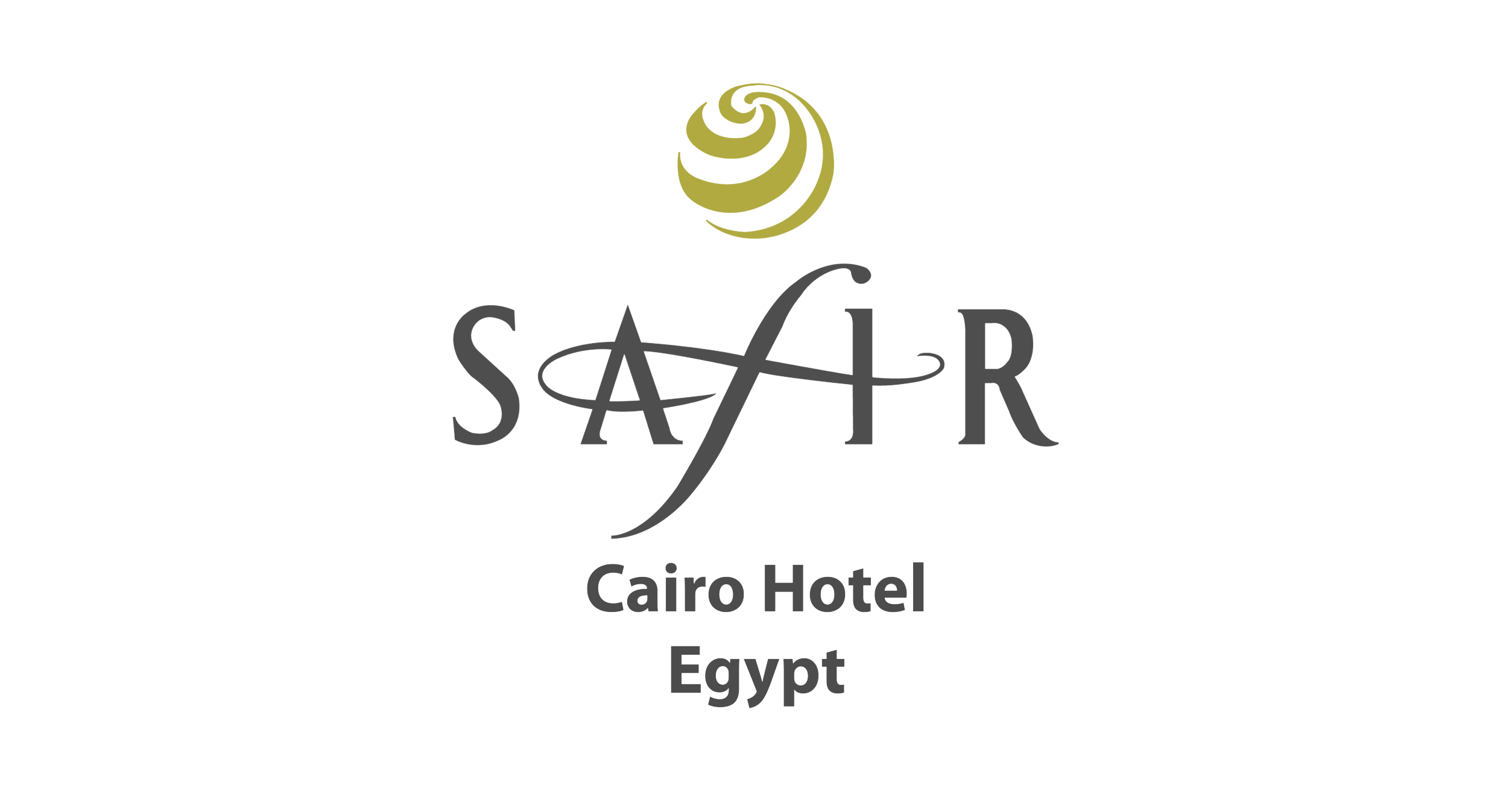


.png)

